The Who gained widespread recognition with their explosive live performances and rebellious attitude. They quickly established themselves as a prominent part of the British Invasion, alongside bands like The Beatles and The Rolling Stones. Their debut album, “My Generation” (1965), became an anthem for the youth and remains one of their most iconic works.
In the late 1960s and early 1970s, The Who continued to release groundbreaking albums, including “Tommy” (1969), a rock opera that showcased their musical prowess and storytelling abilities. The band’s sound was characterized by Townshend’s dynamic guitar playing, Daltrey’s powerful vocals, Entwistle’s intricate bass lines, and Moon’s wild and energetic drumming.
Tragedy struck the band in 1978 when Keith Moon passed away, leading to the recruitment of drummer Kenney Jones. Despite this loss, The Who continued to produce successful albums and toured extensively, solidifying their reputation as one of the greatest live acts of all time.
Over the years, The Who has faced various challenges, including conflicts among band members and retirement announcements. However, they managed to reunite and persevere, continuing to captivate audiences with their music and energetic performances.
The band’s enduring legacy is defined not only by their music but also by their influence on subsequent generations of musicians. They were inducted into the Rock and Roll Hall of Fame in 1990 and received numerous accolades for their contributions to rock music. Even as time goes on, The Who’s impact on the world of rock and roll remains timeless and continues to inspire generations of music lovers.
Read Ryan’s review of The Who in London here.
Photo Copyright © Stephen Farrell
Ali Campbell’s soulful and distinctive vocals were an integral part of UB40’s early success. He fronted the band and contributed significantly to their chart-topping hits, including “Red Red Wine,” “Can’t Help Falling in Love,” and “Kingston Town,” among many others.
In 2008, Ali Campbell left UB40 due to personal and professional differences, leading to a period of uncertainty for both the band and its fans. However, he decided to pursue a solo career, releasing albums and performing his own music.
Despite the split, the remaining members of UB40 continued to tour and perform under the same name. In a somewhat unique situation, both UB40 and Ali Campbell began recording and touring separately, each with their respective lineups.
UB40 featuring Ali Campbell, Astro, and Mickey Virtue (another former UB40 member) formed their own ensemble and started touring in 2014. This version of UB40 brought back the classic sound and nostalgic hits that fans had come to love.
The dual existence of both UB40 and UB40 feat. Ali Campbell showcased the enduring appeal of the band’s music and the continued adoration for Ali Campbell’s iconic vocals. While it was a challenging time for the band and fans, these two separate entities allowed audiences to enjoy the timeless reggae rhythms and melodies of UB40 in different ways.
Photo Copyright © Stephen Farrell
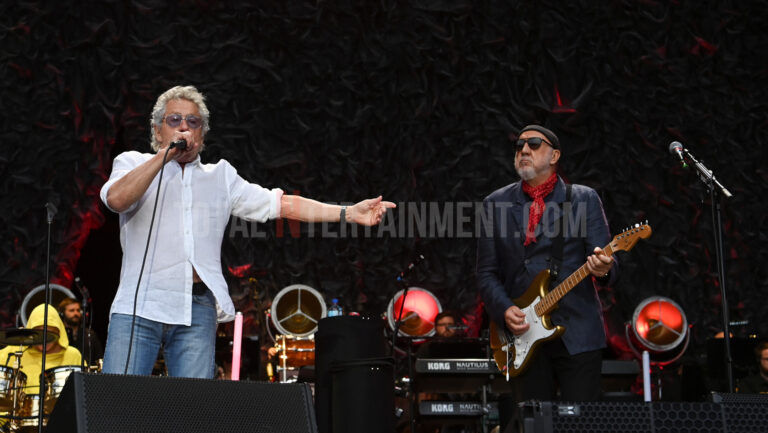
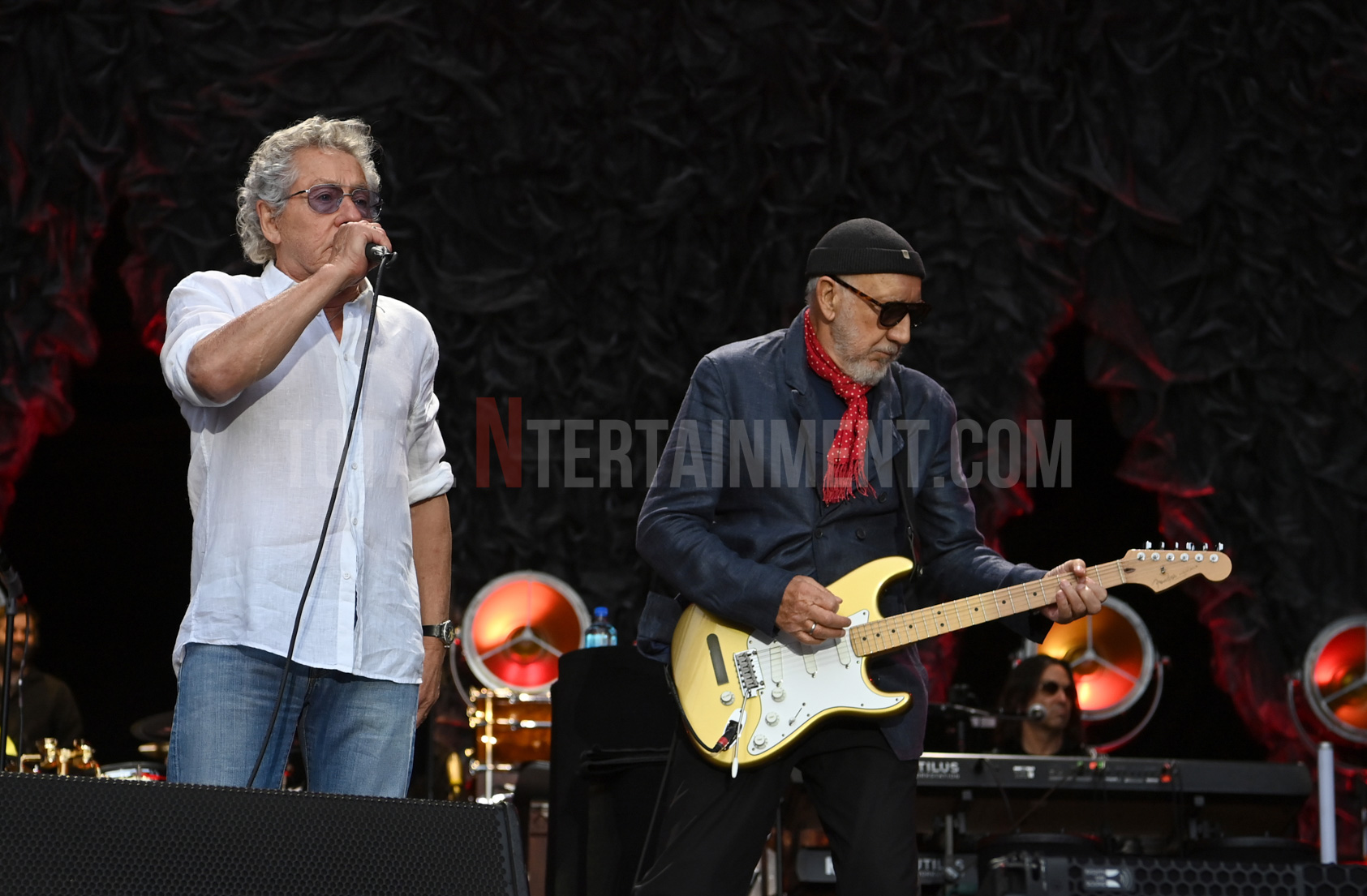
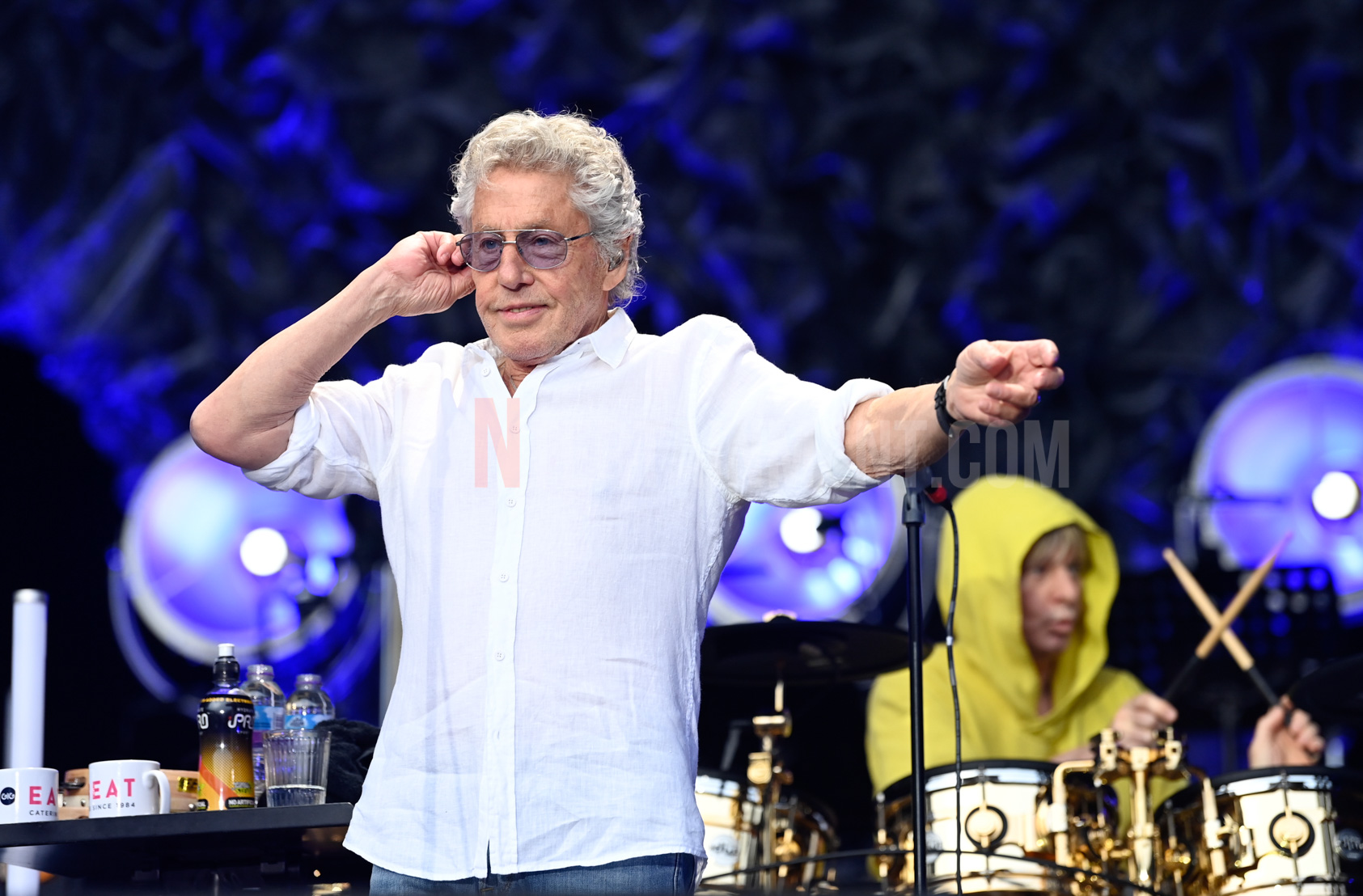
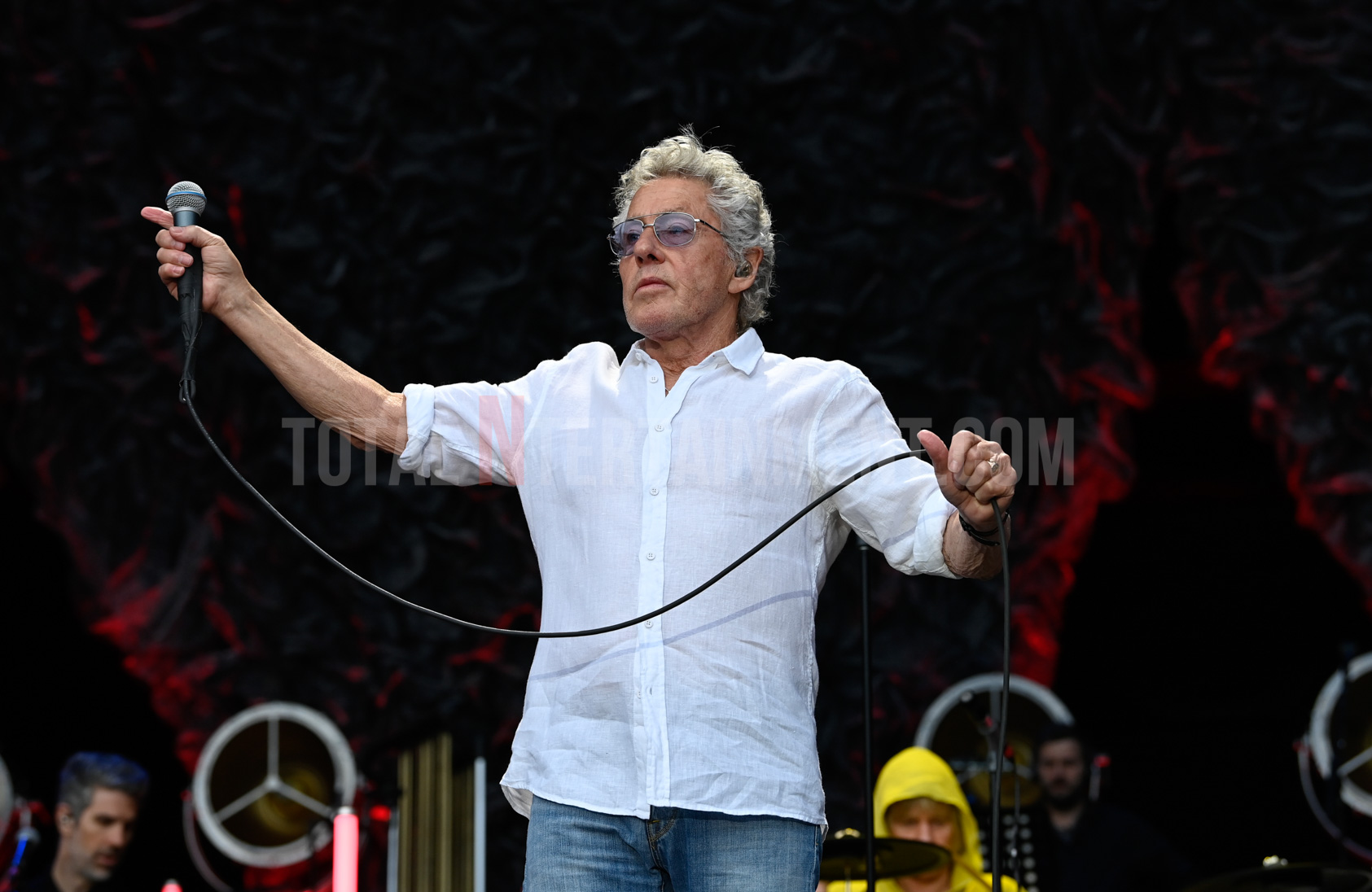
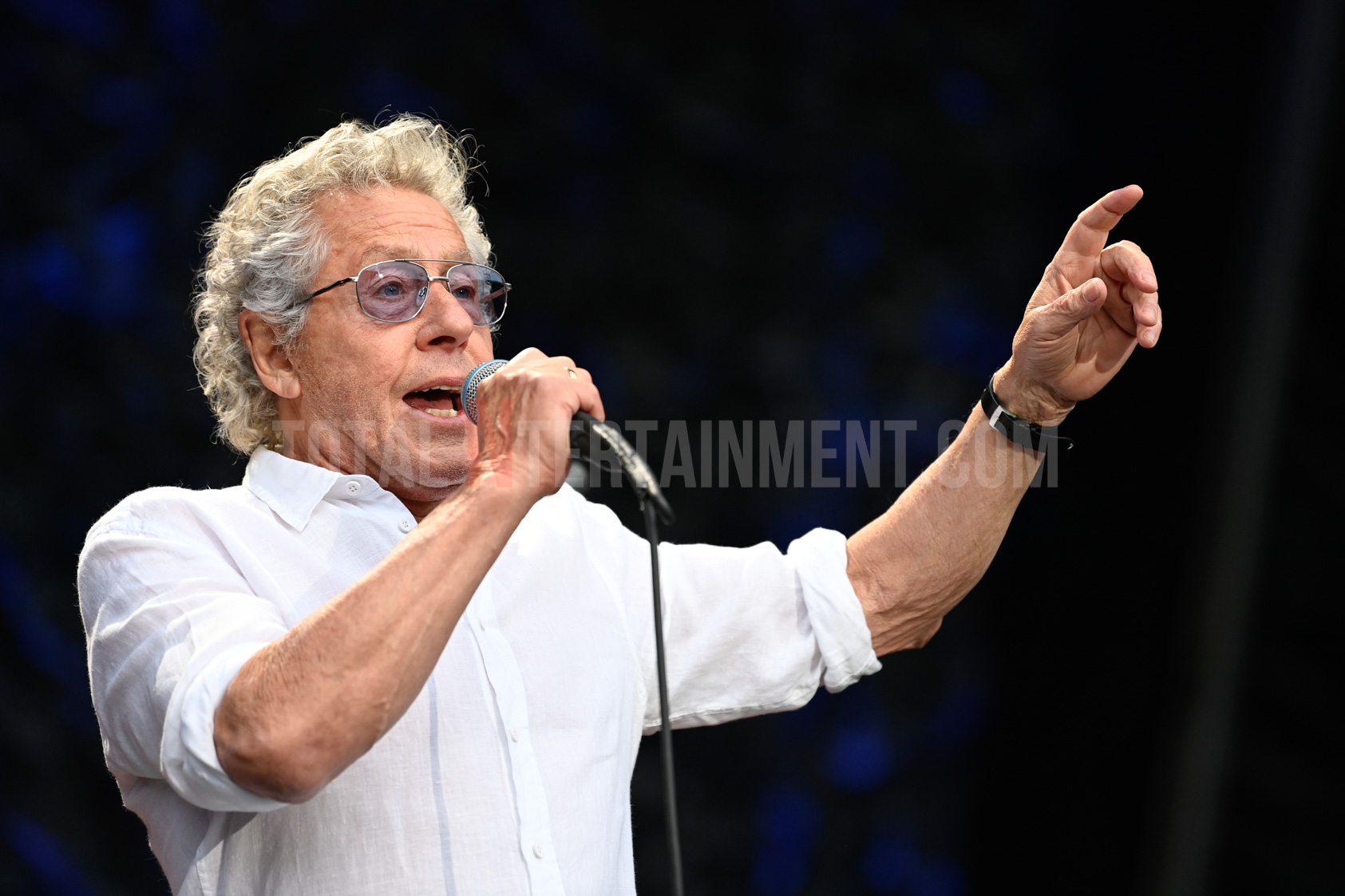
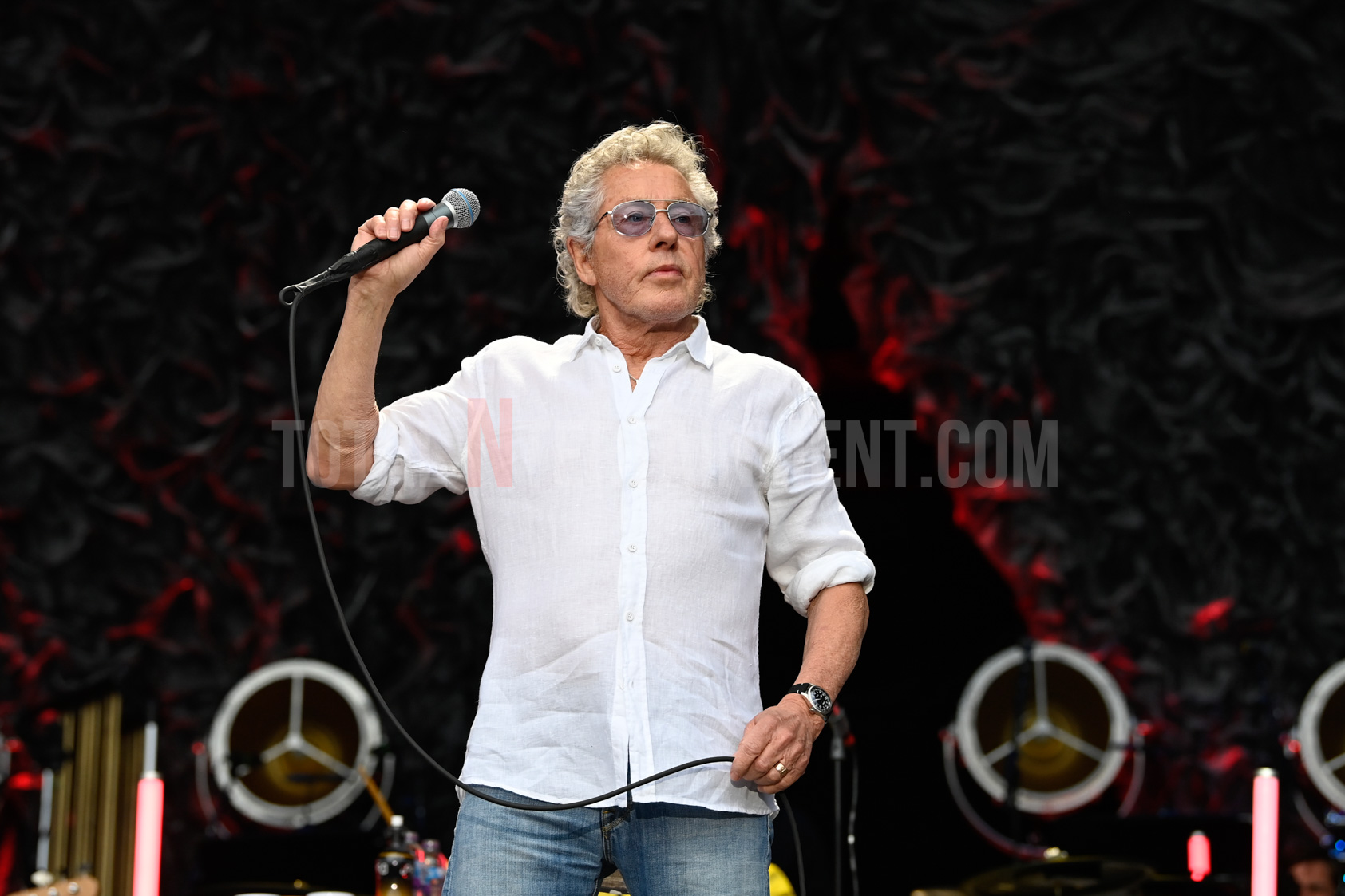
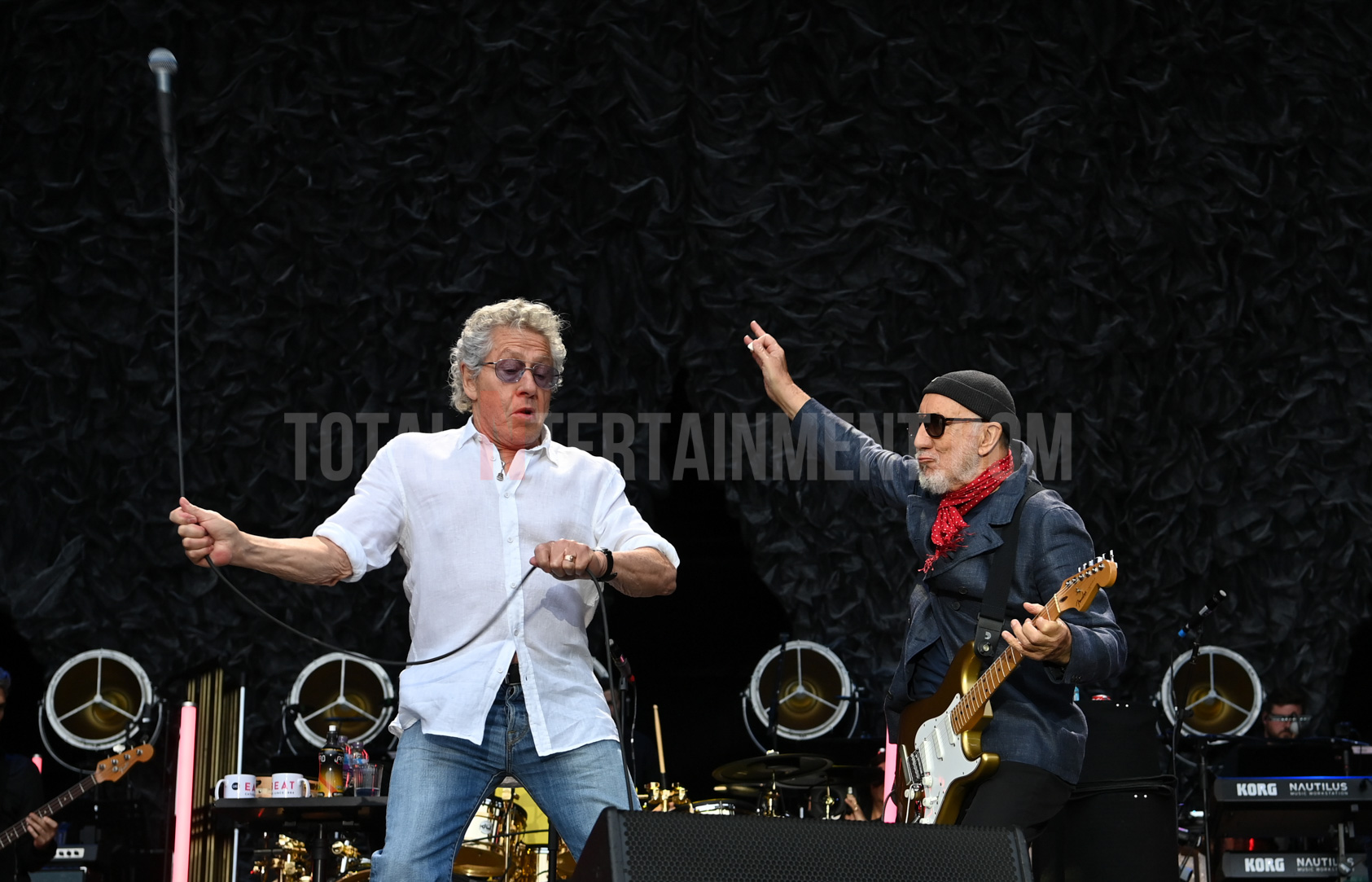
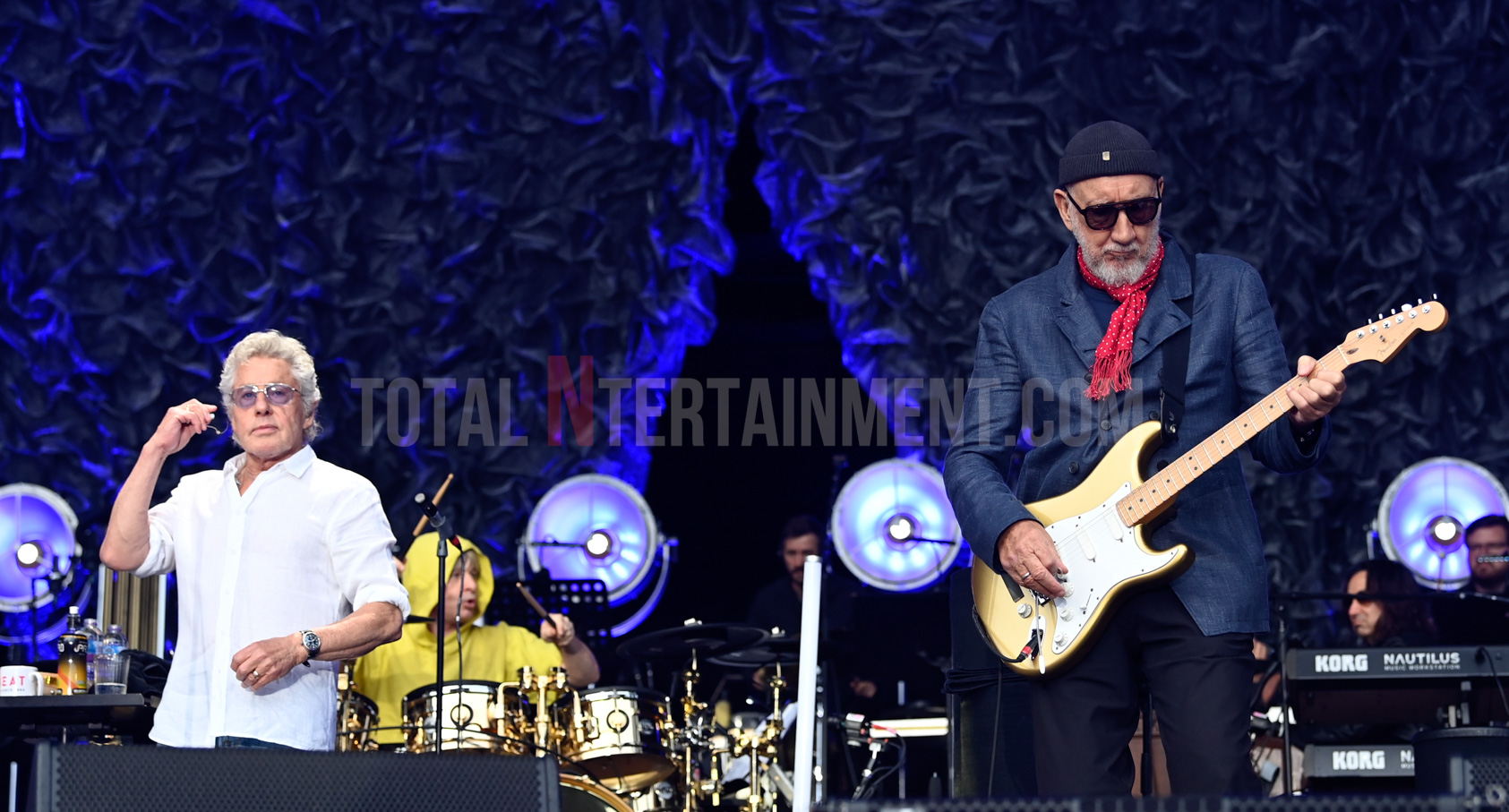

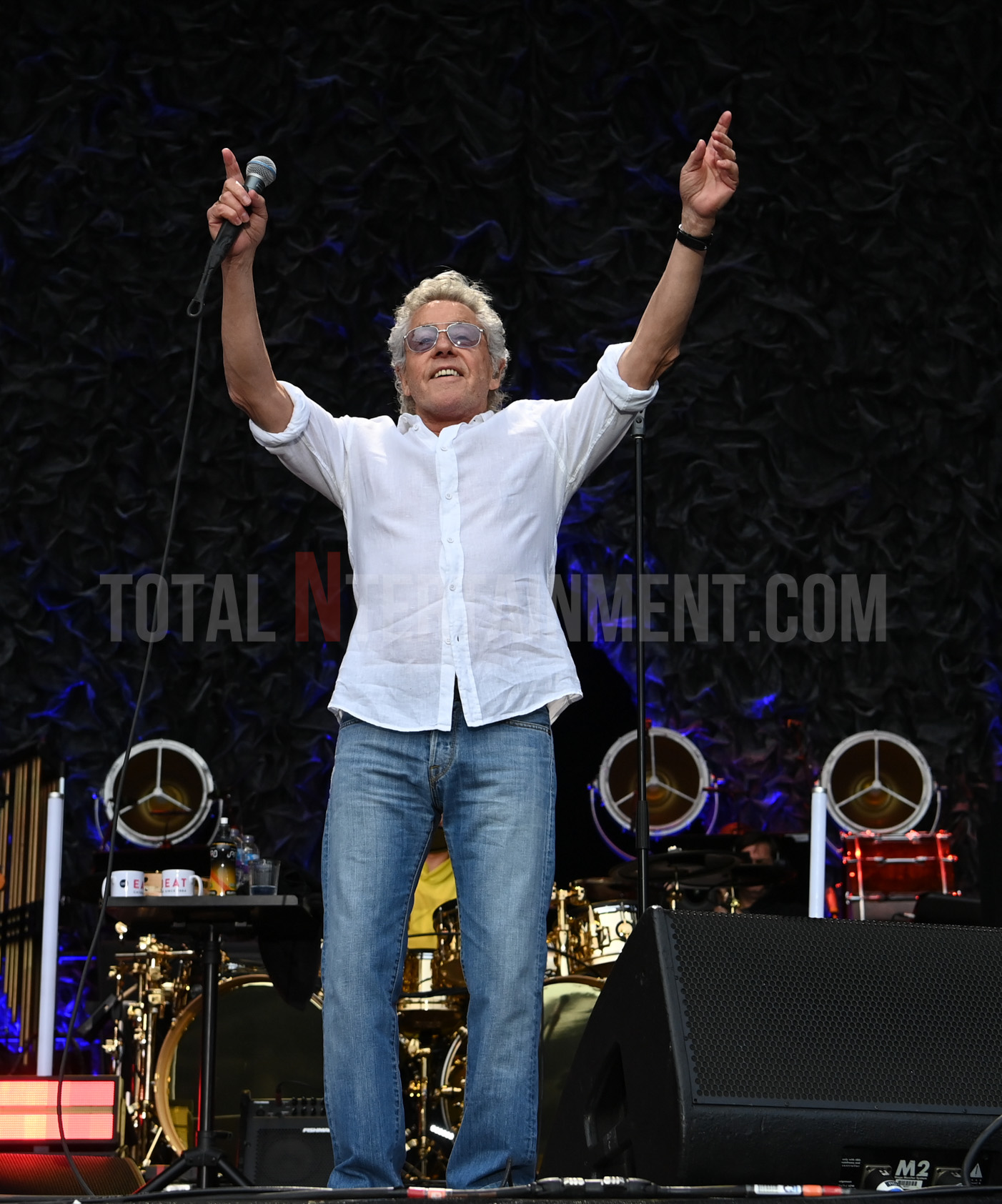
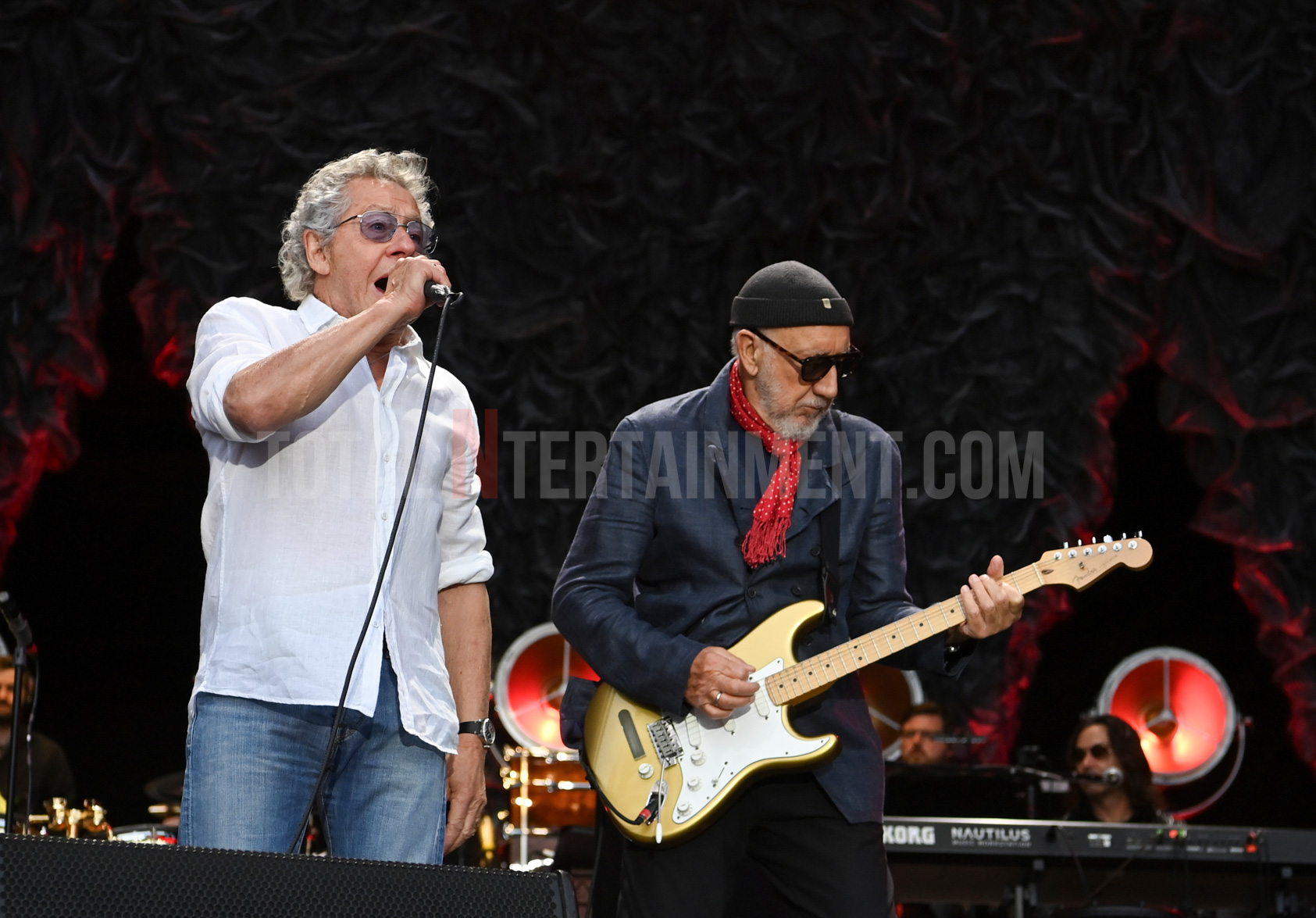
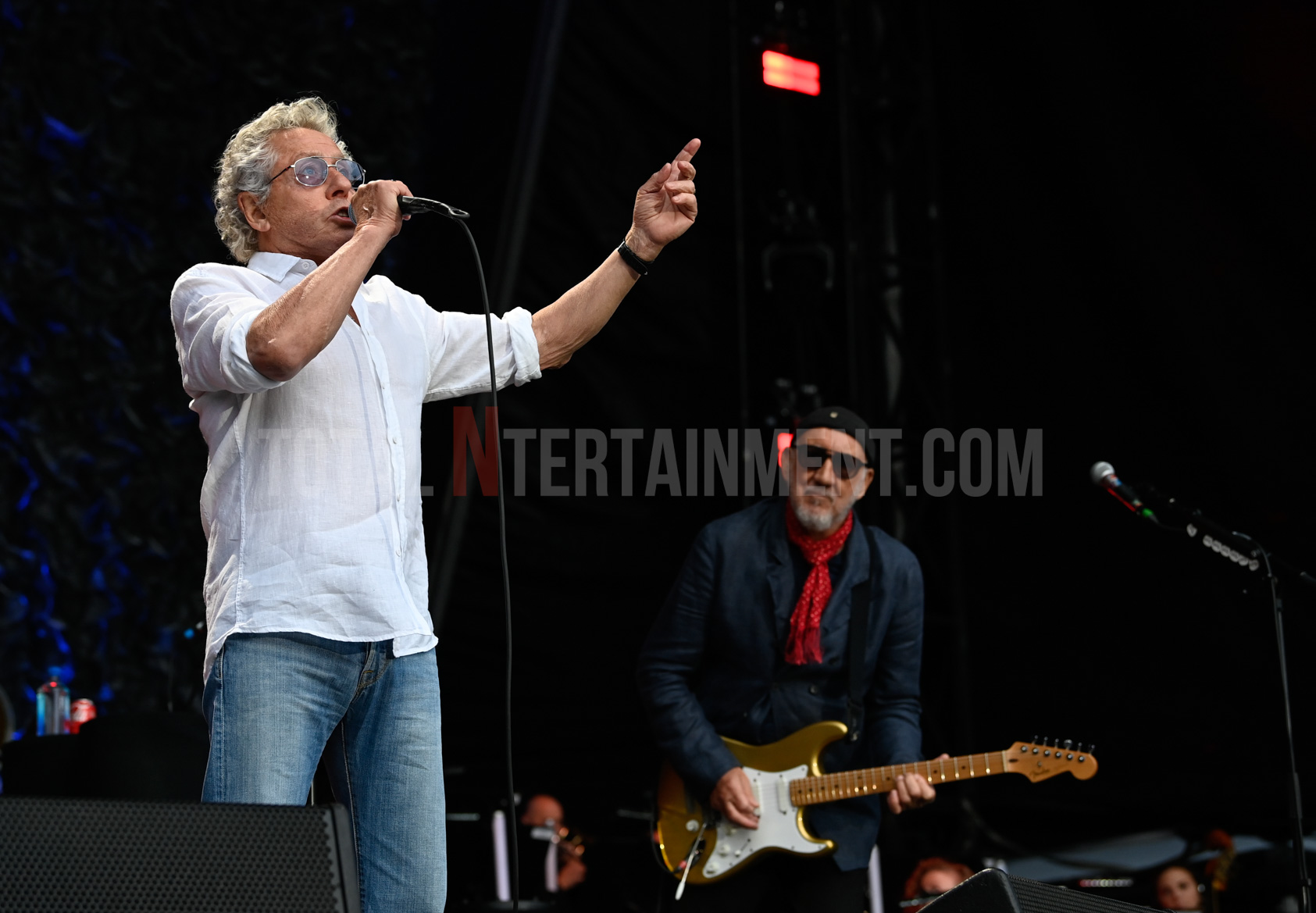
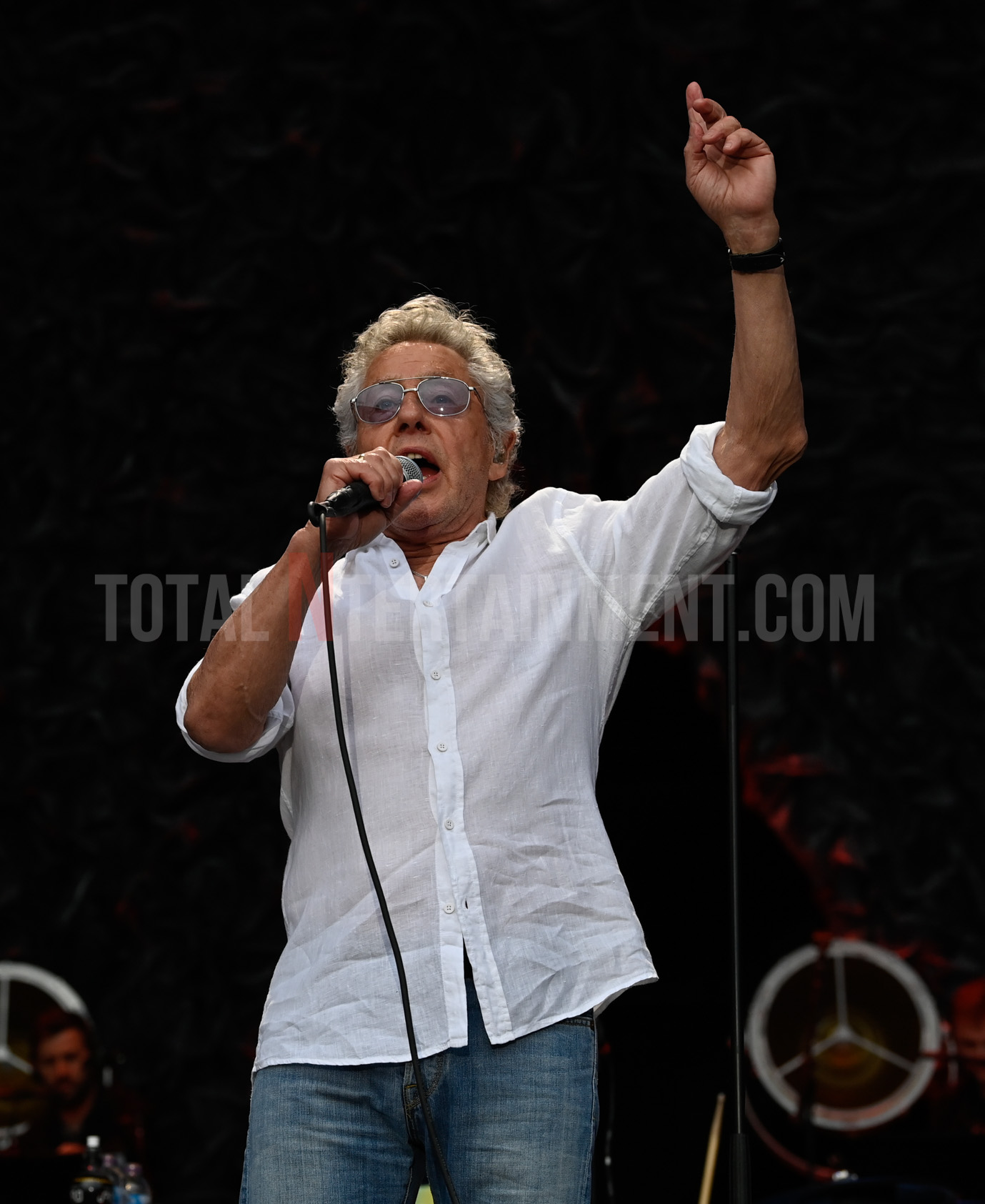
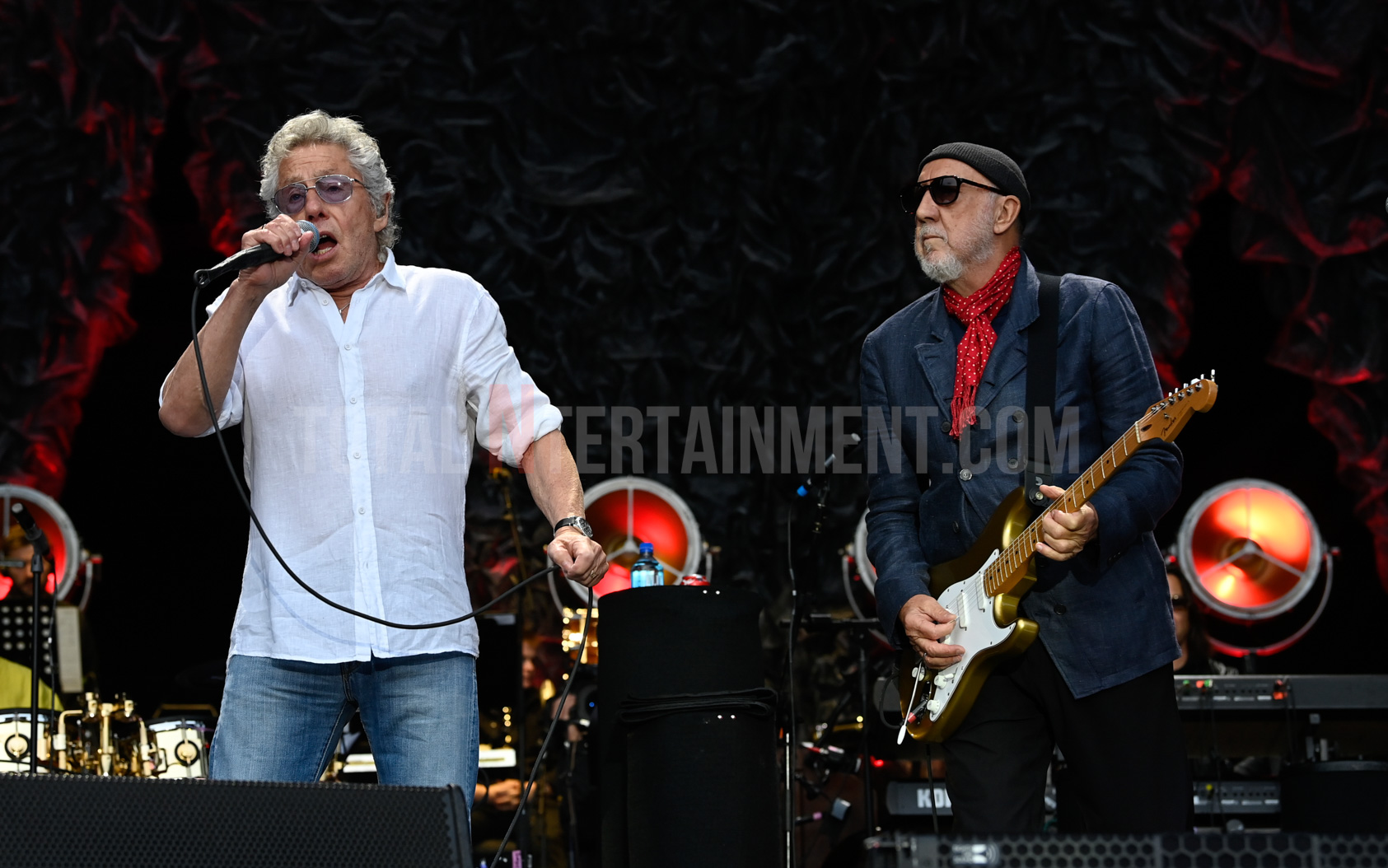

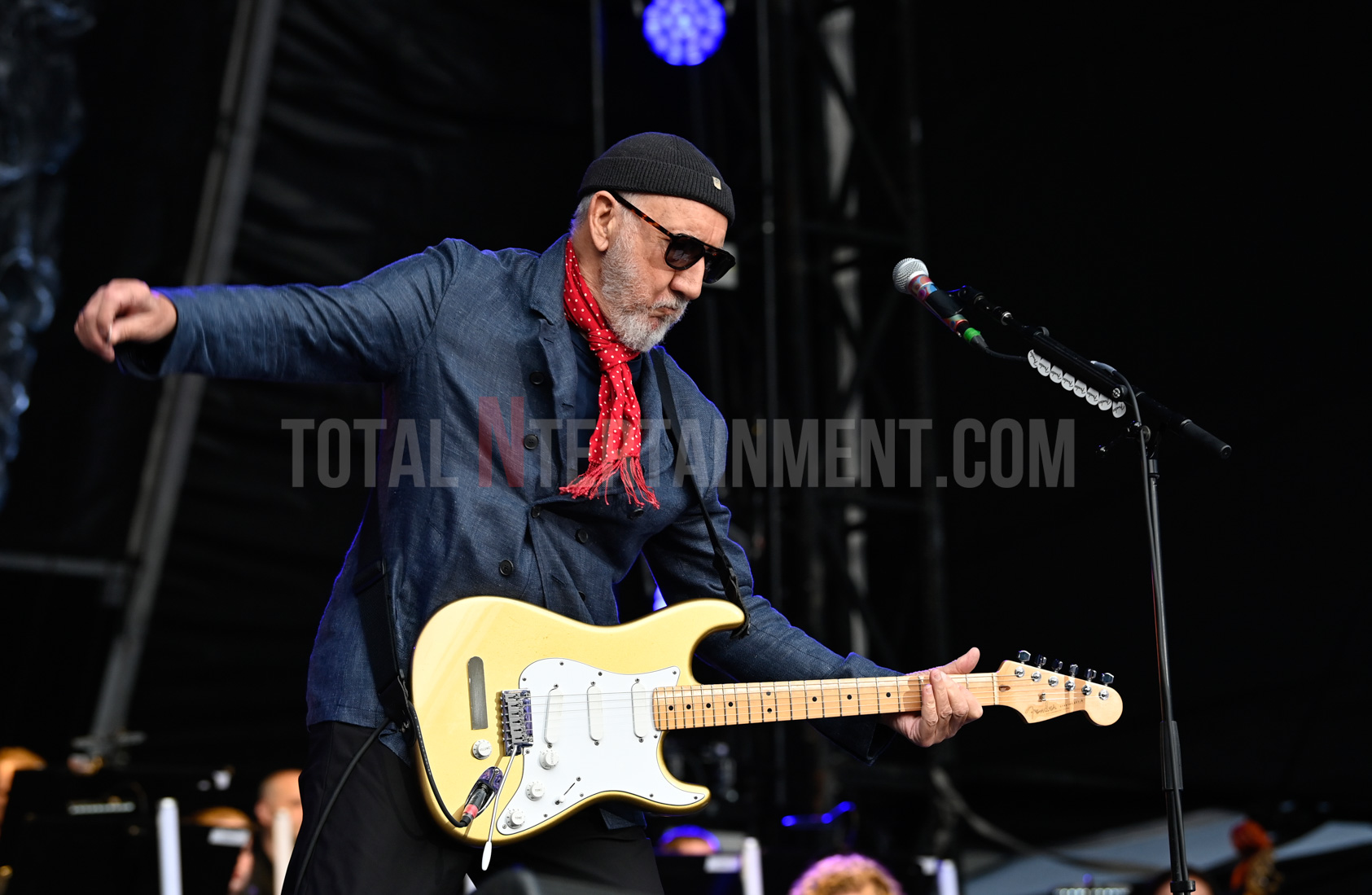
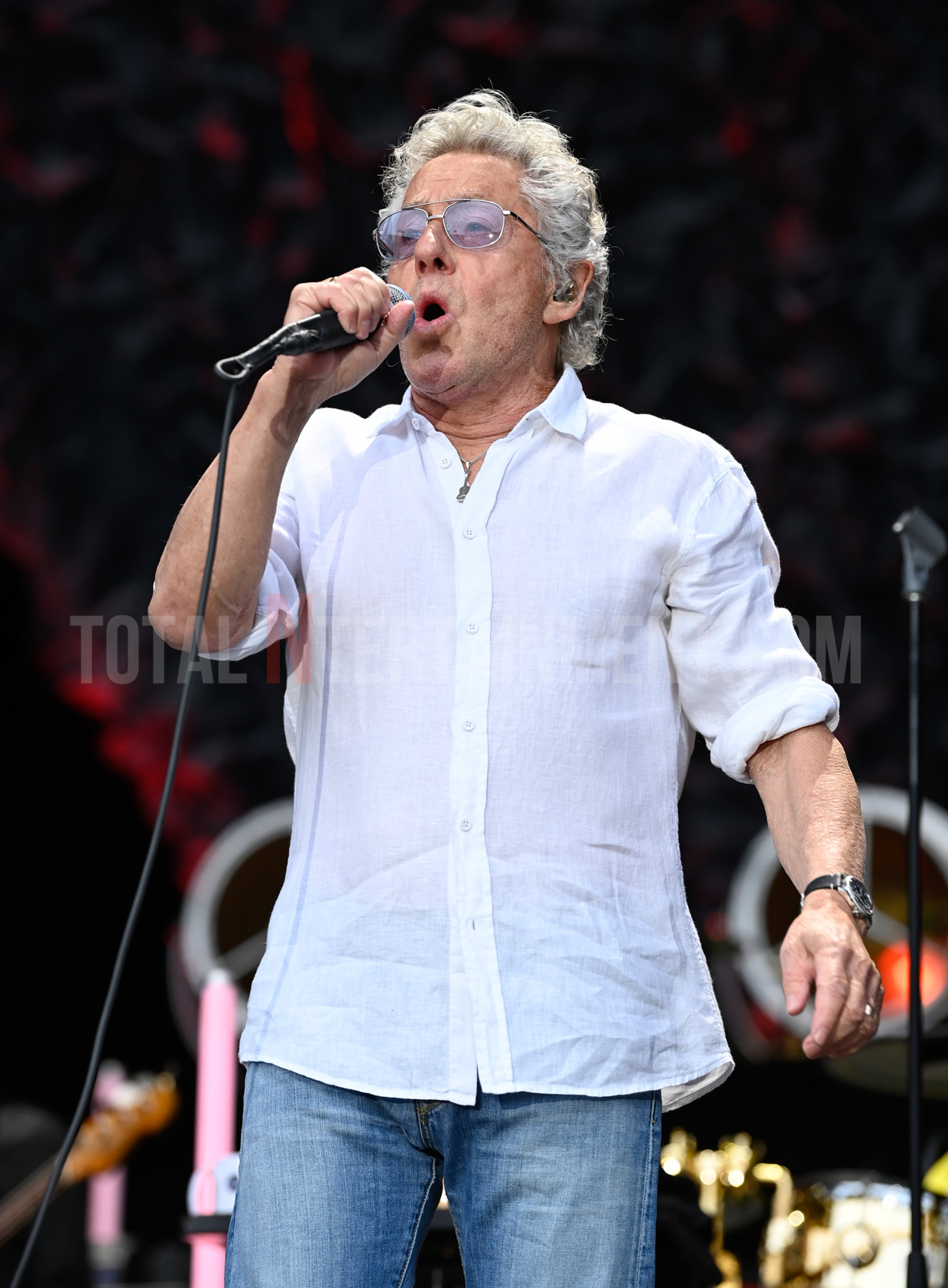
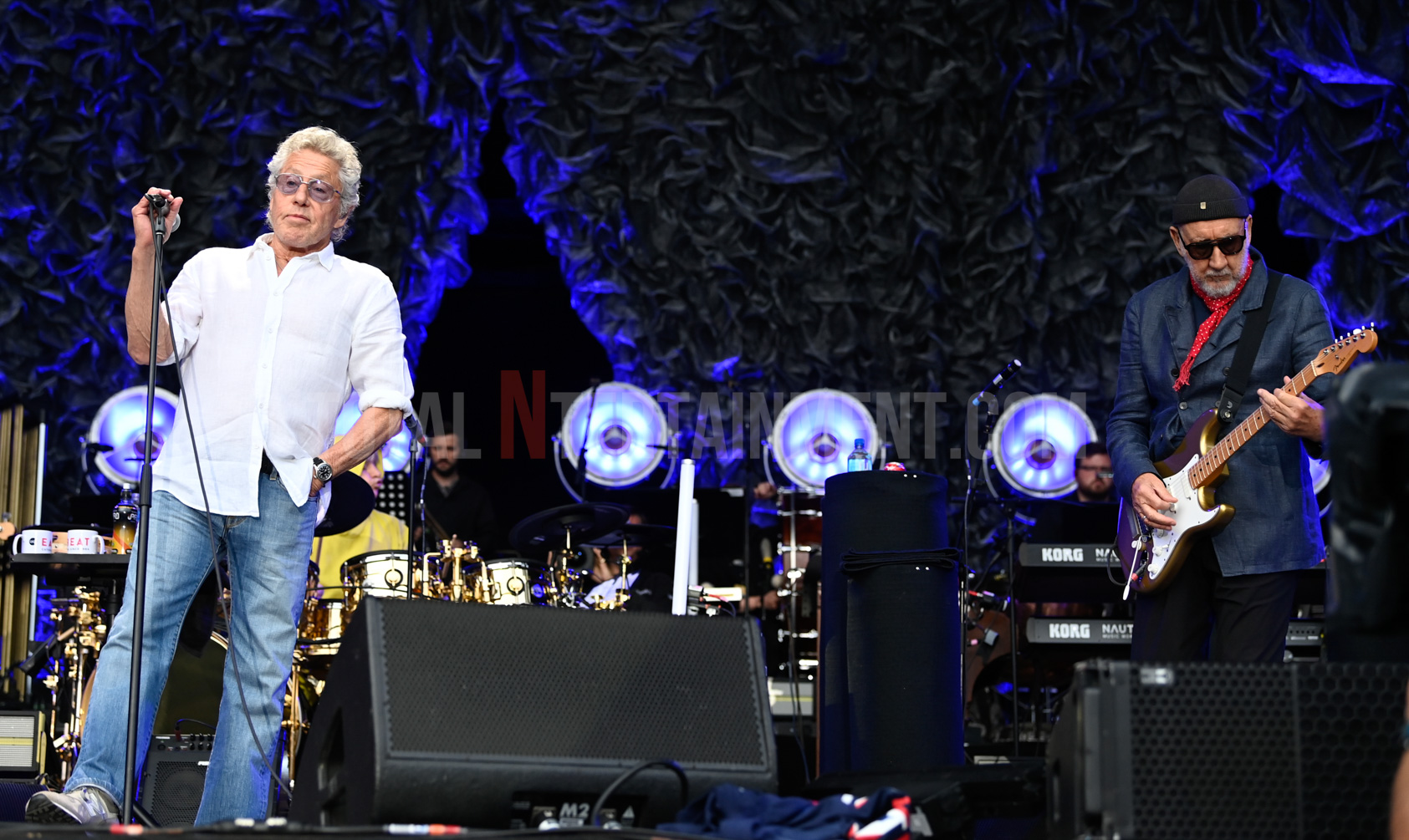
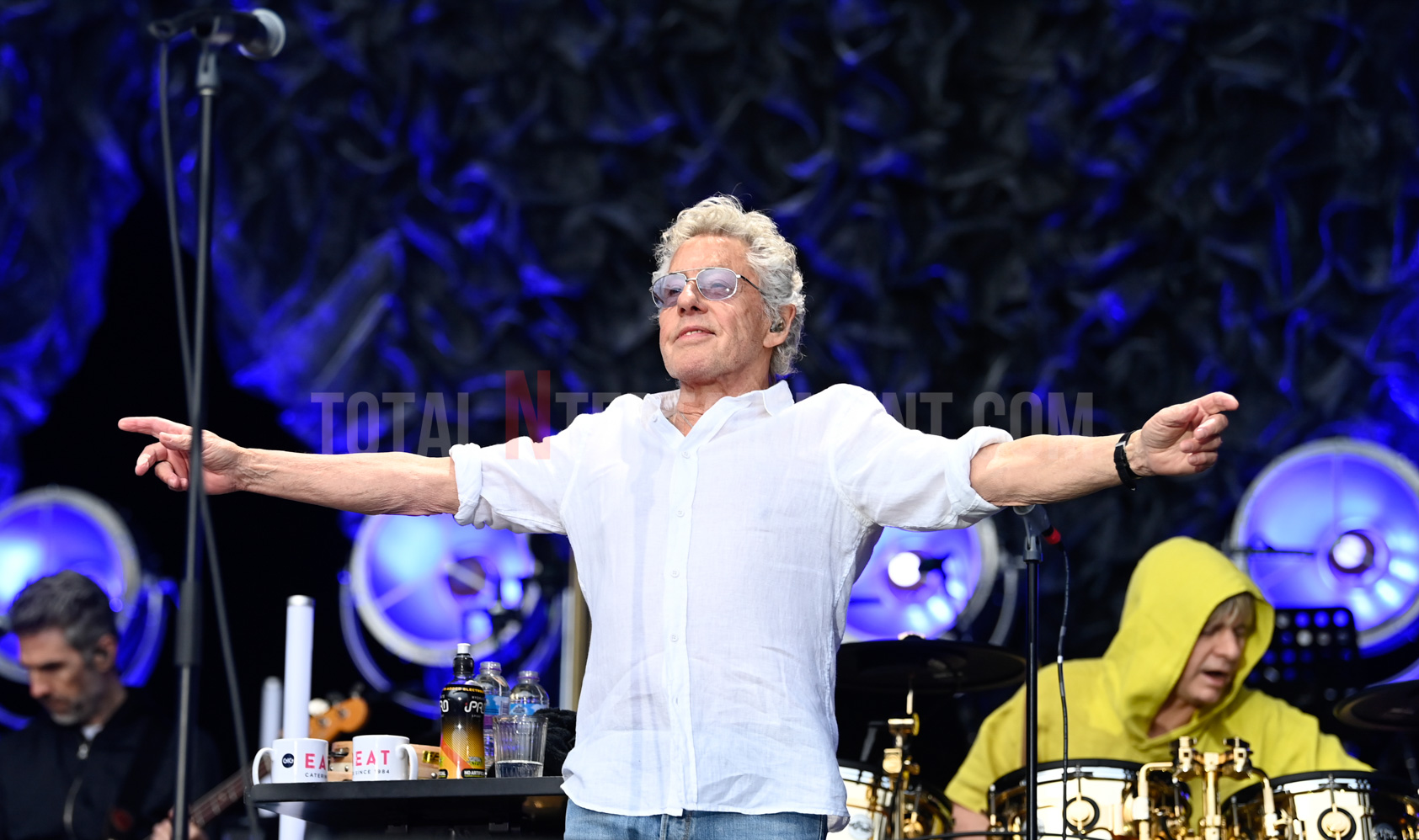
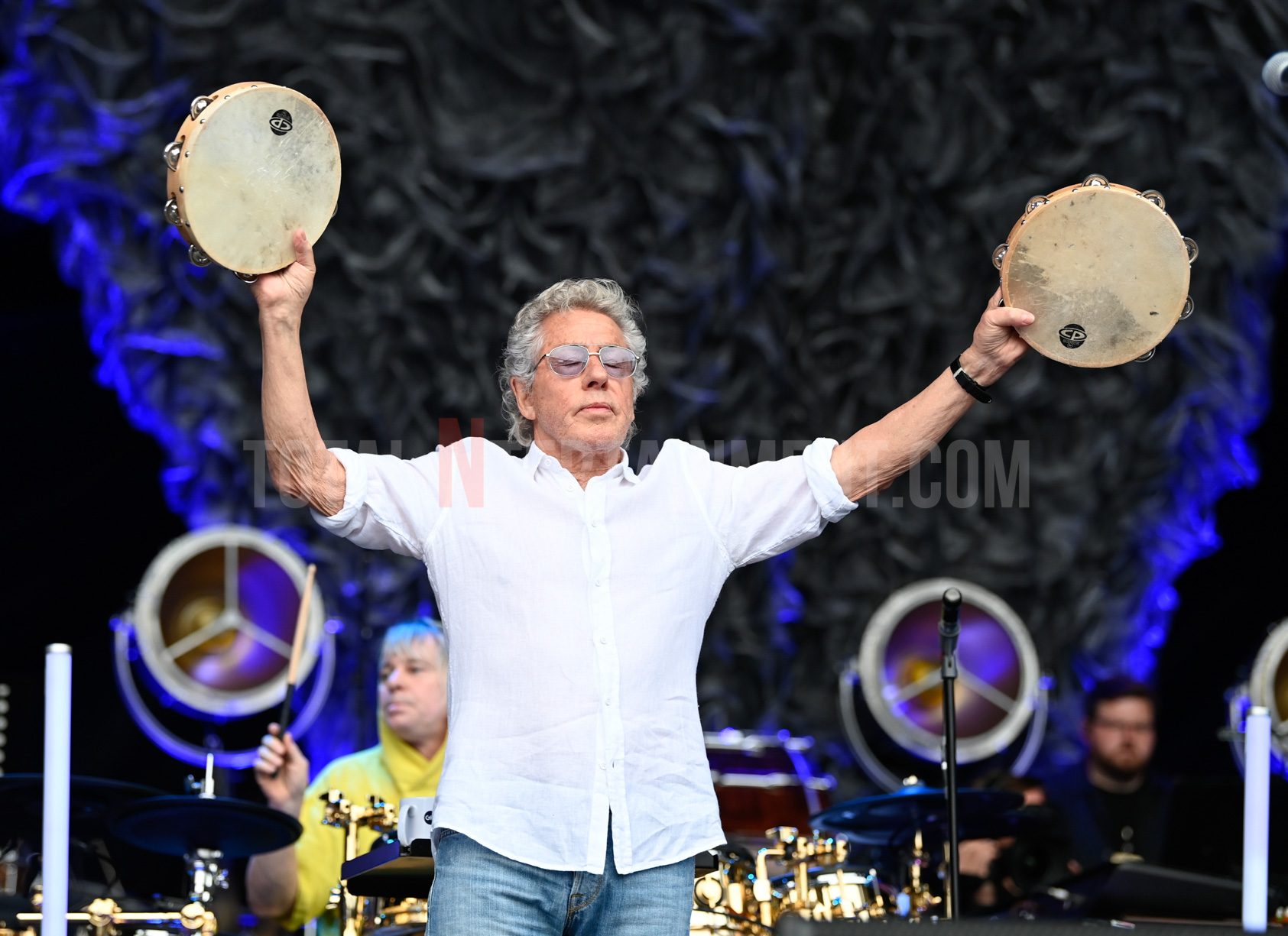
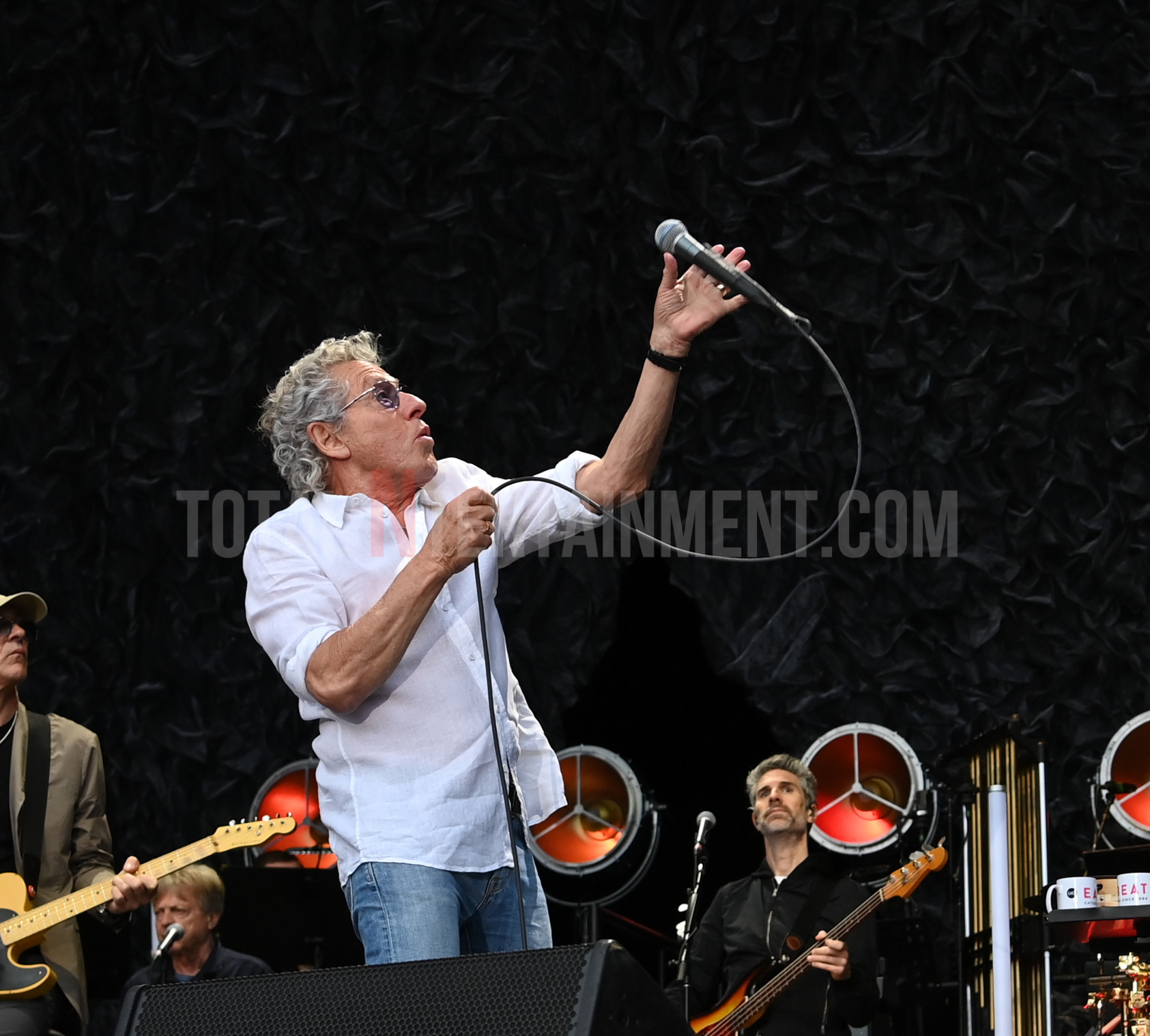
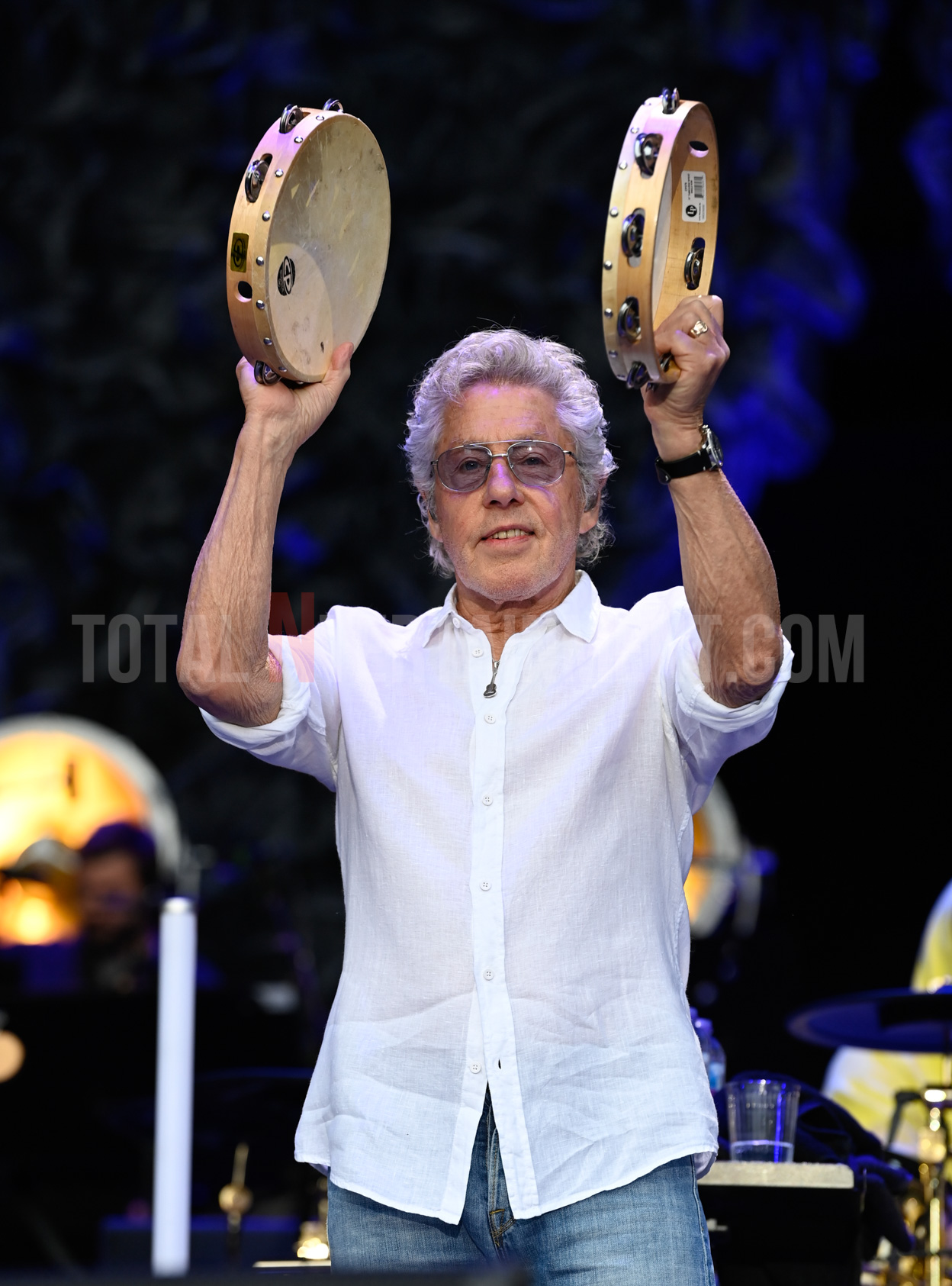
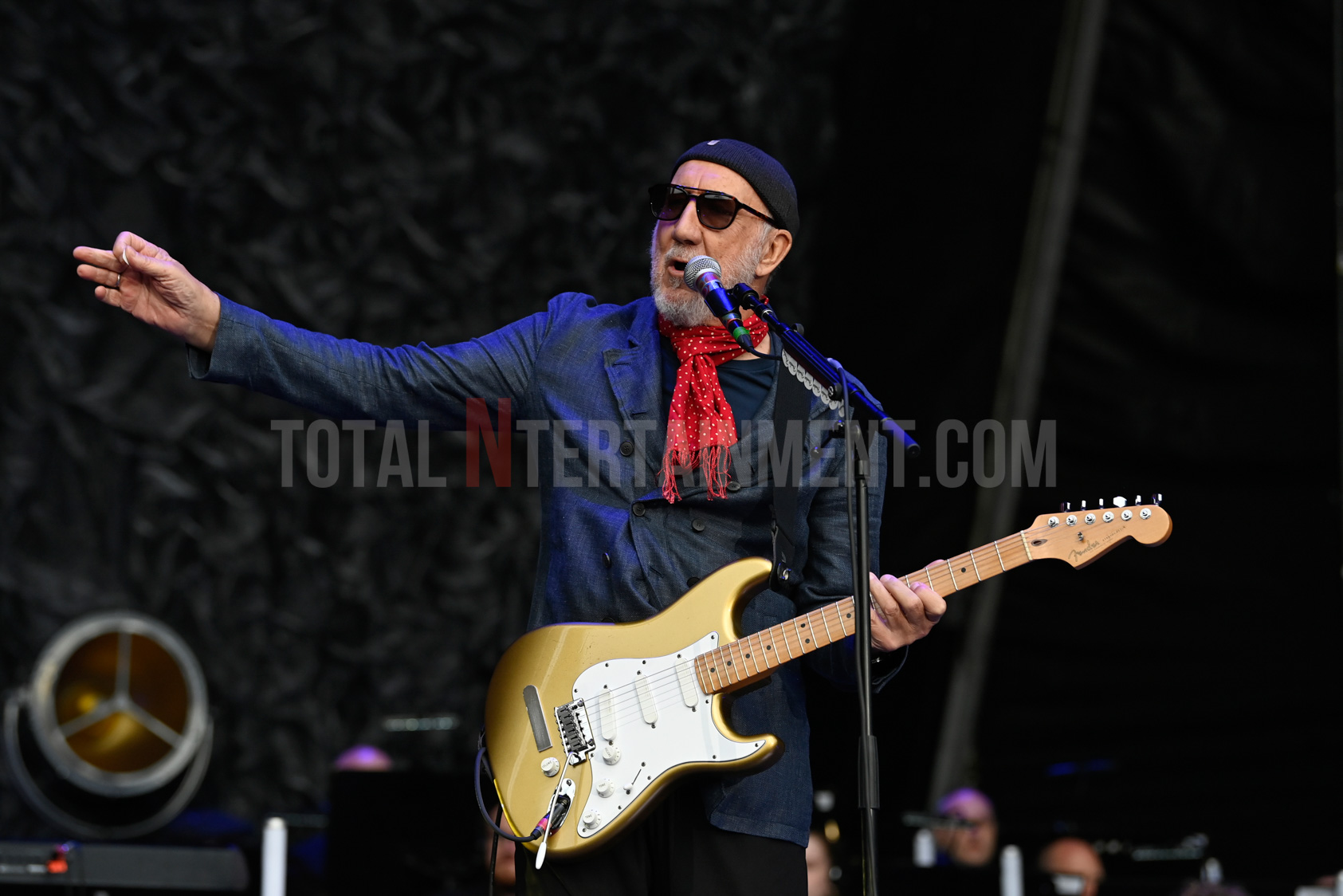
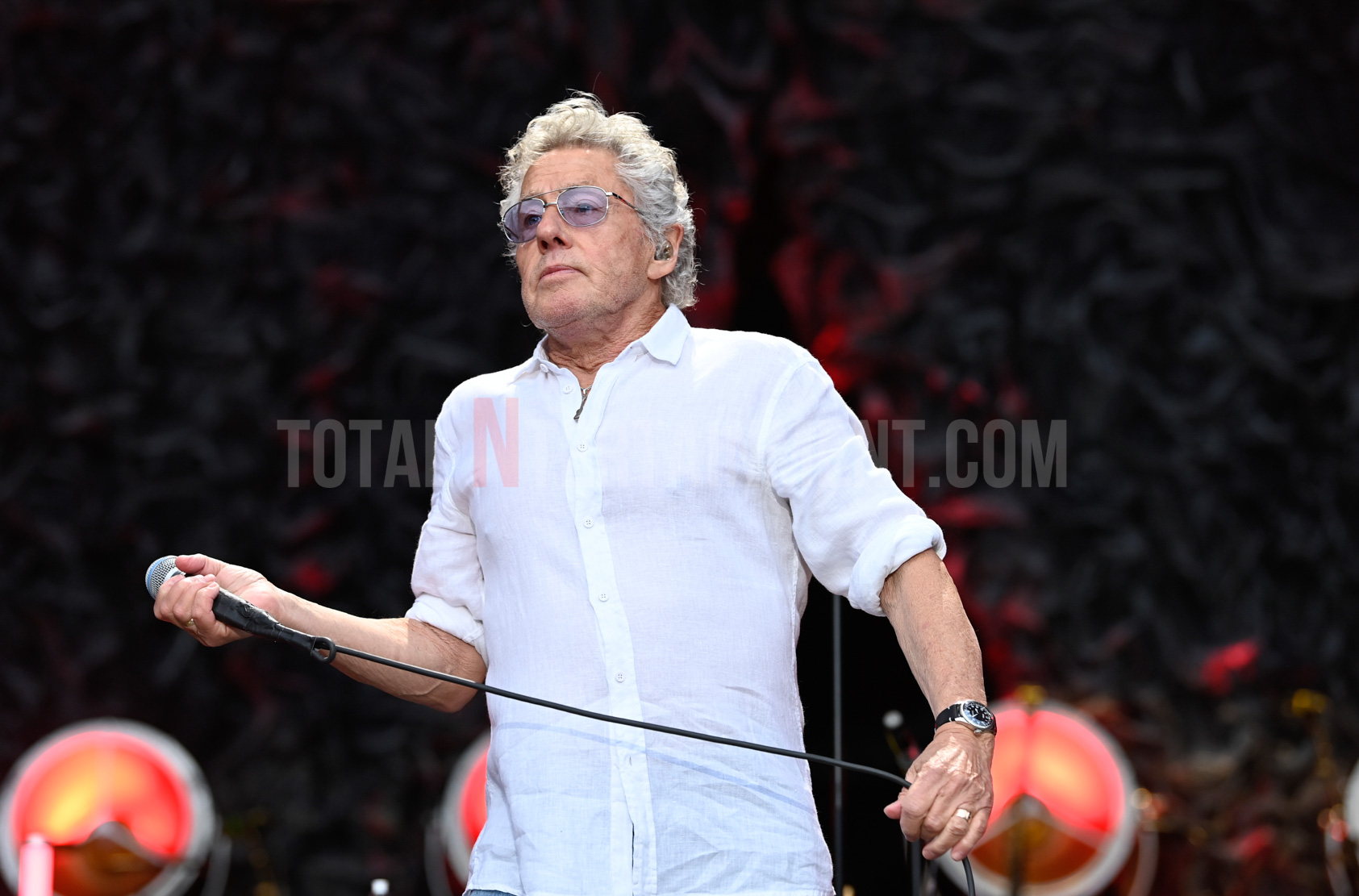
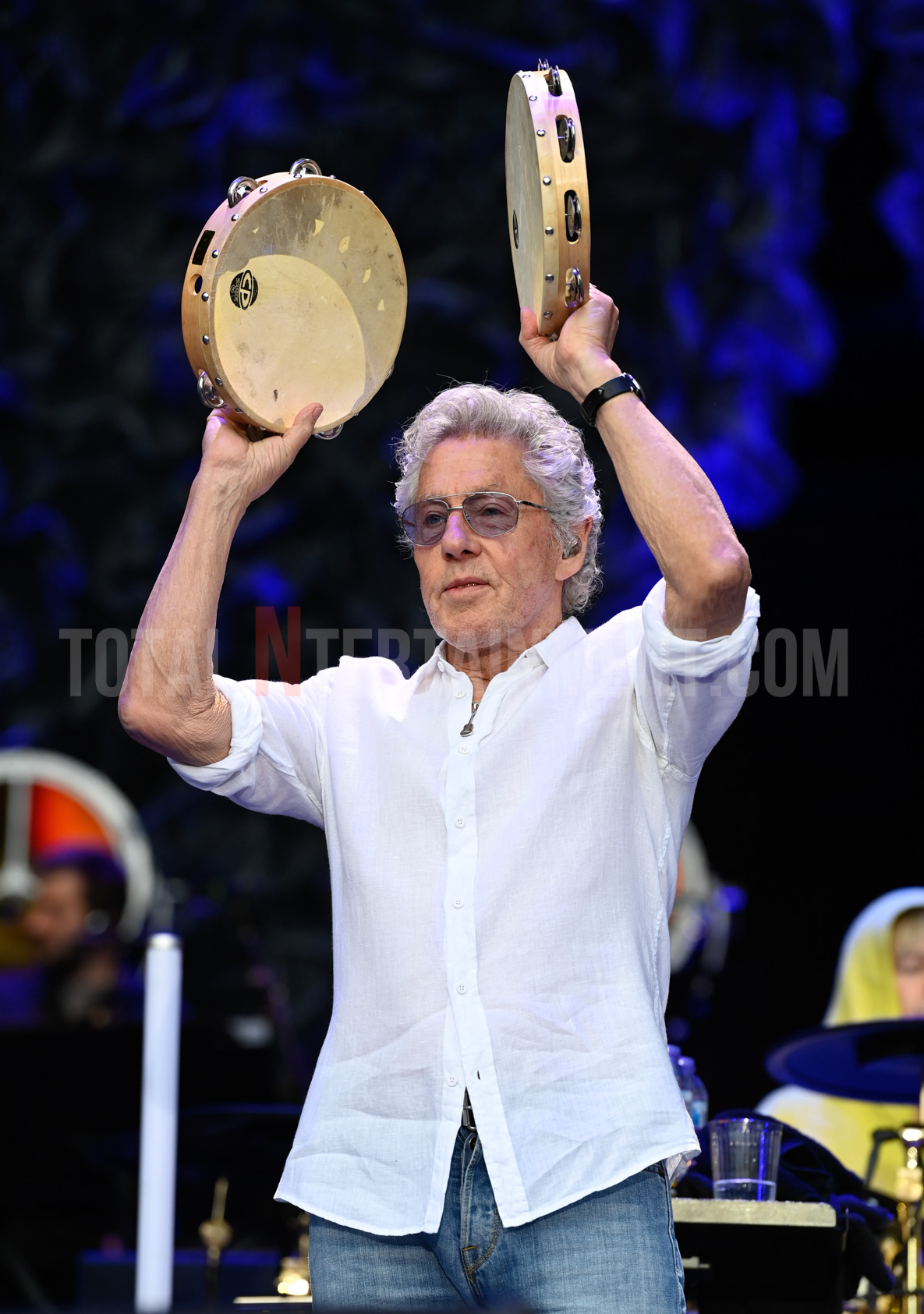
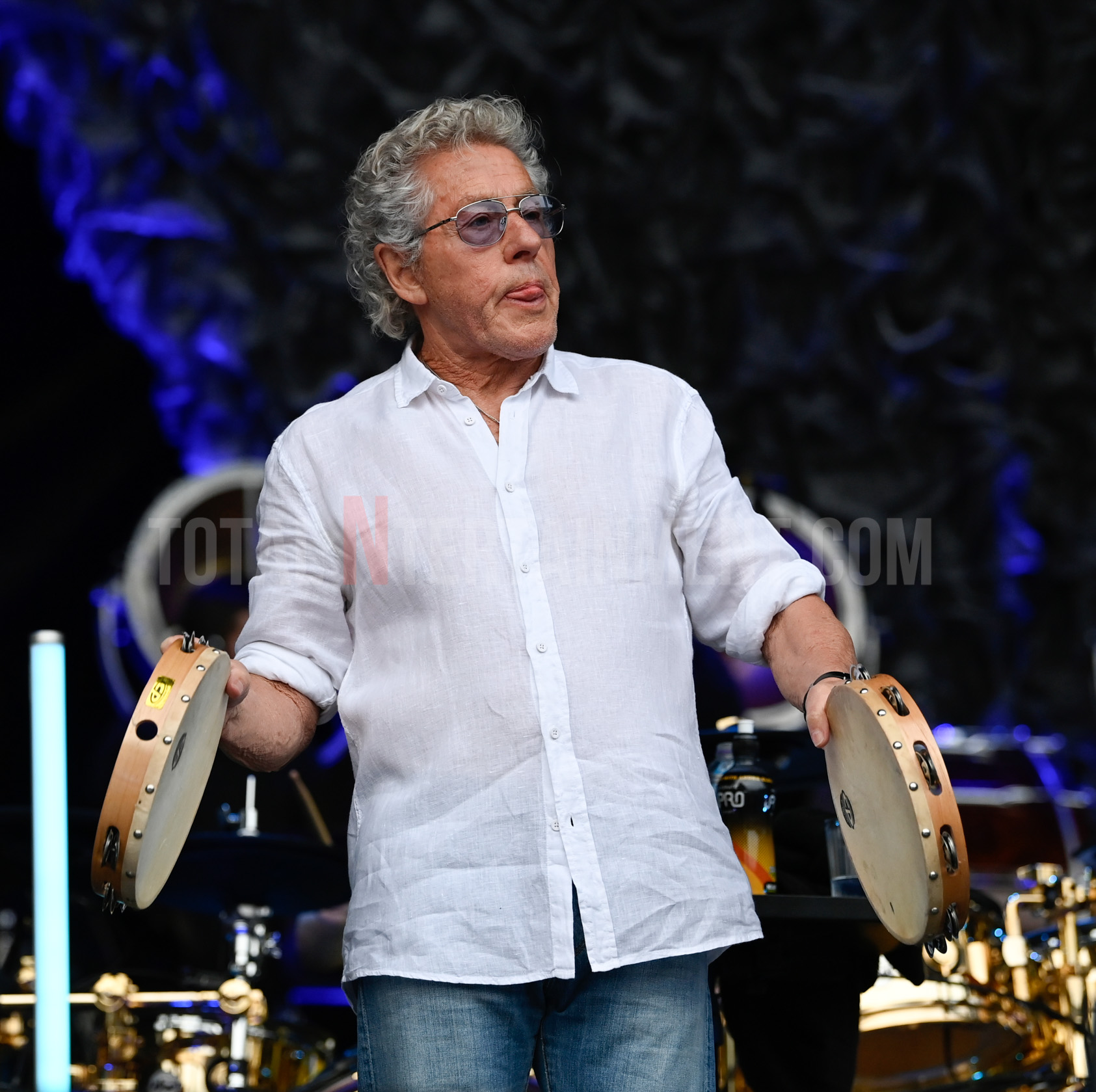
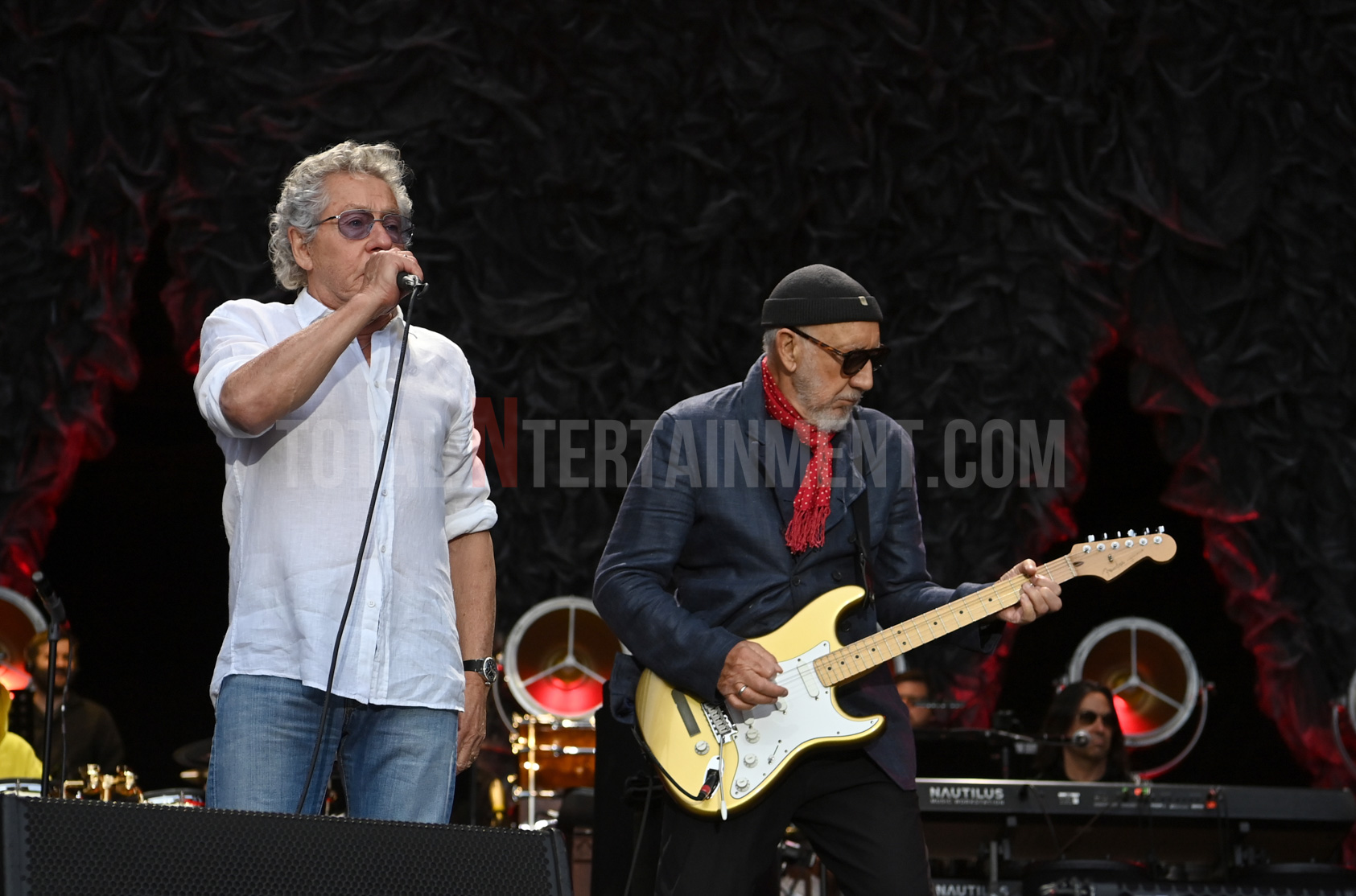
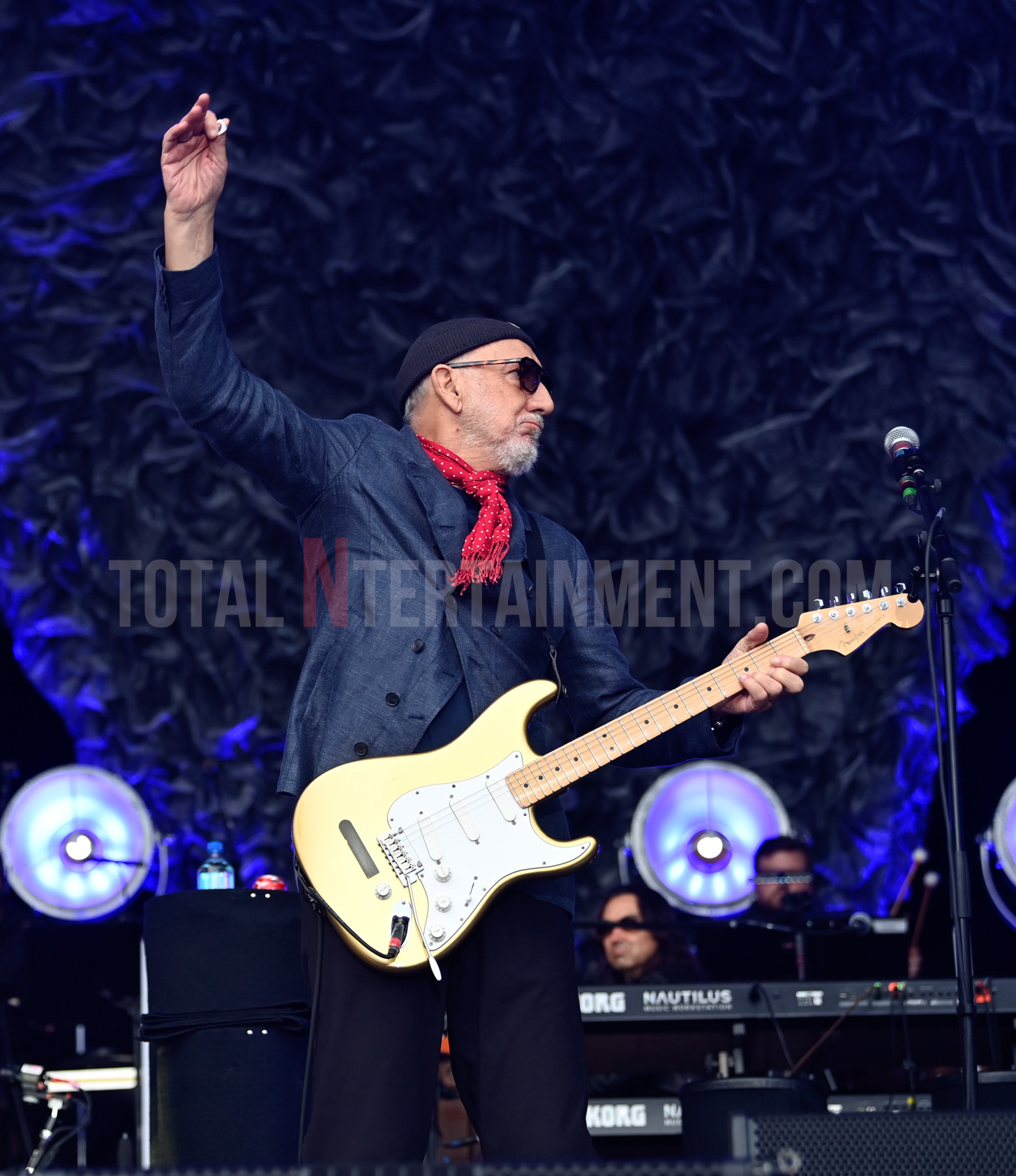
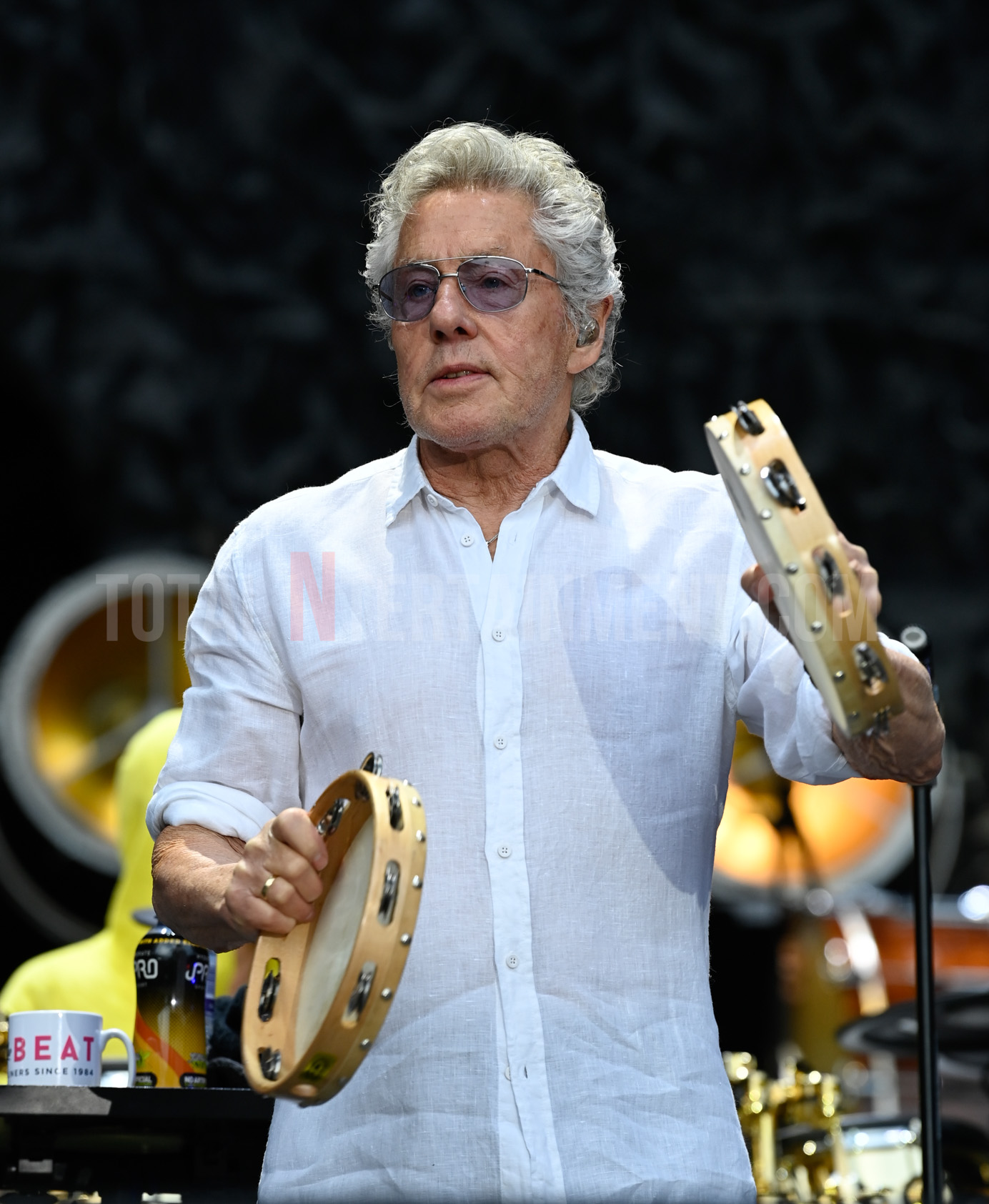
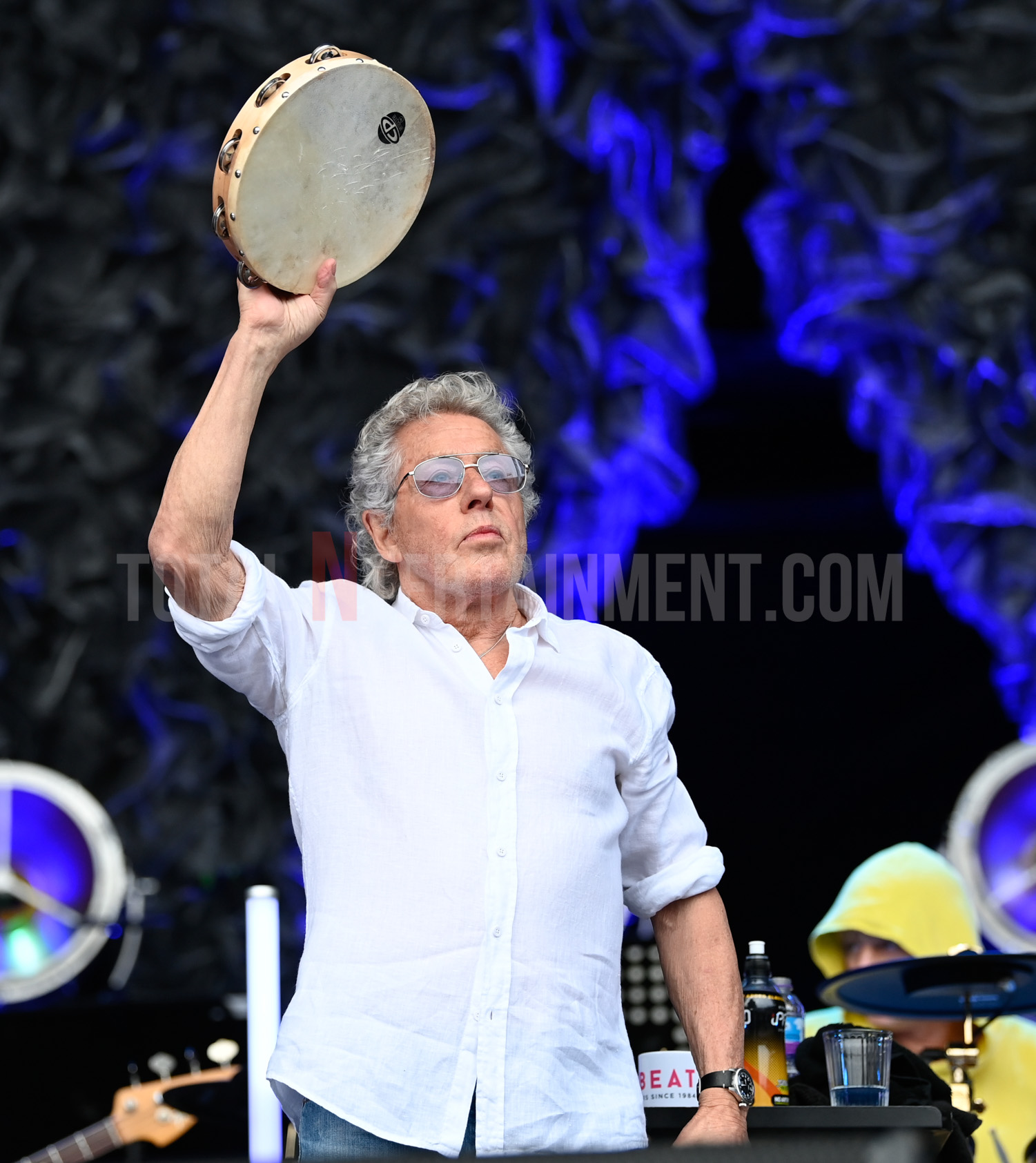
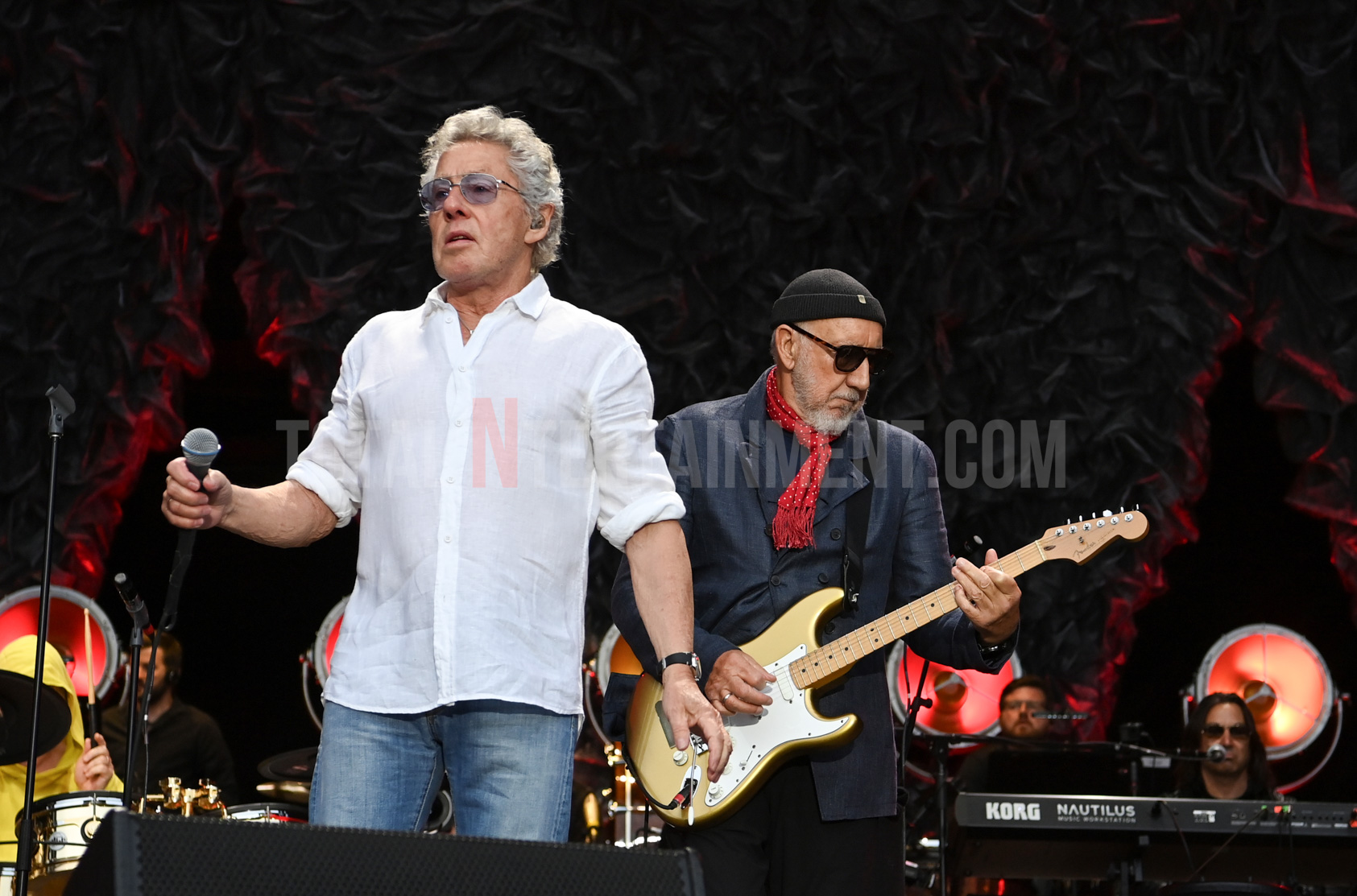
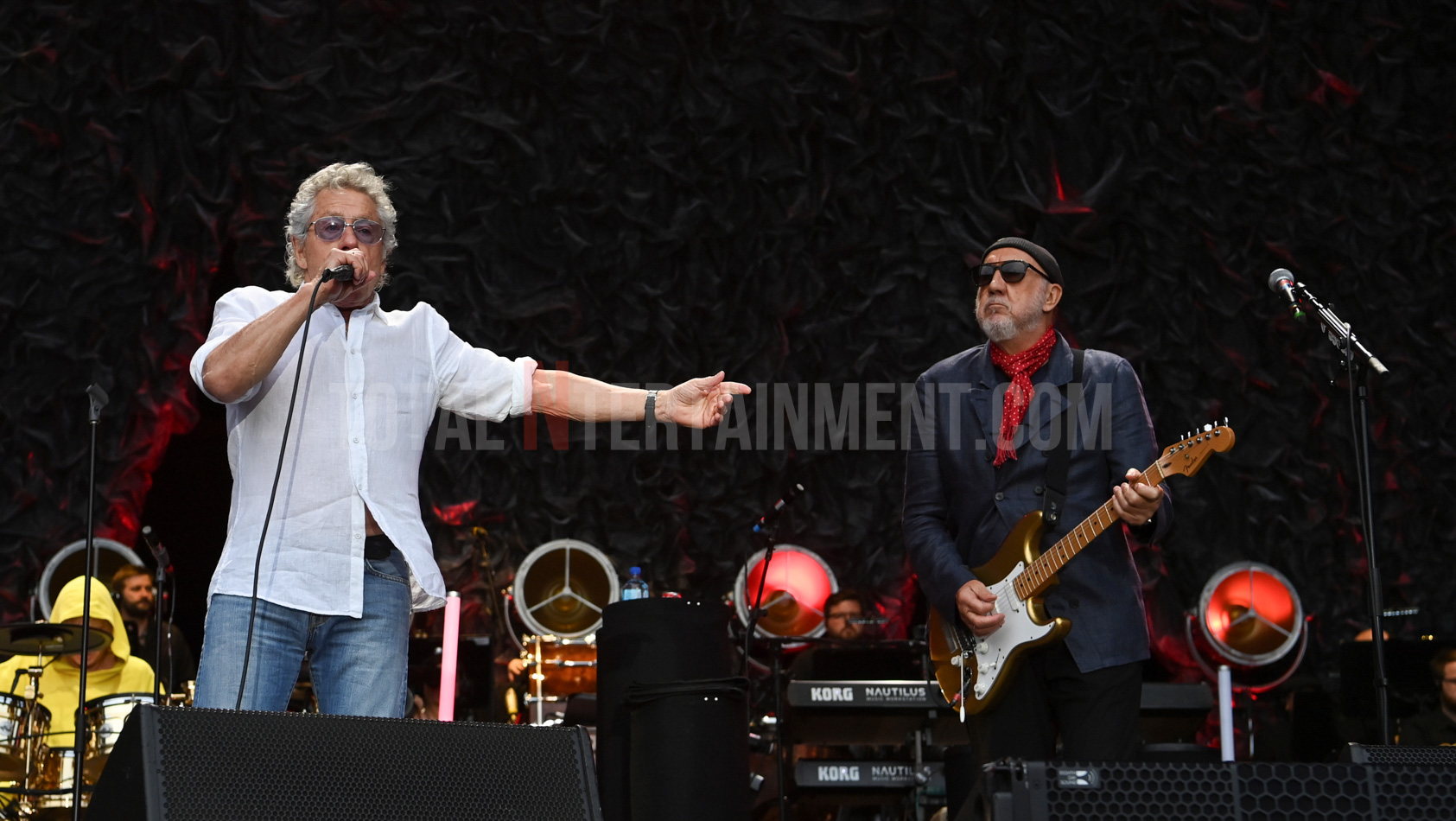
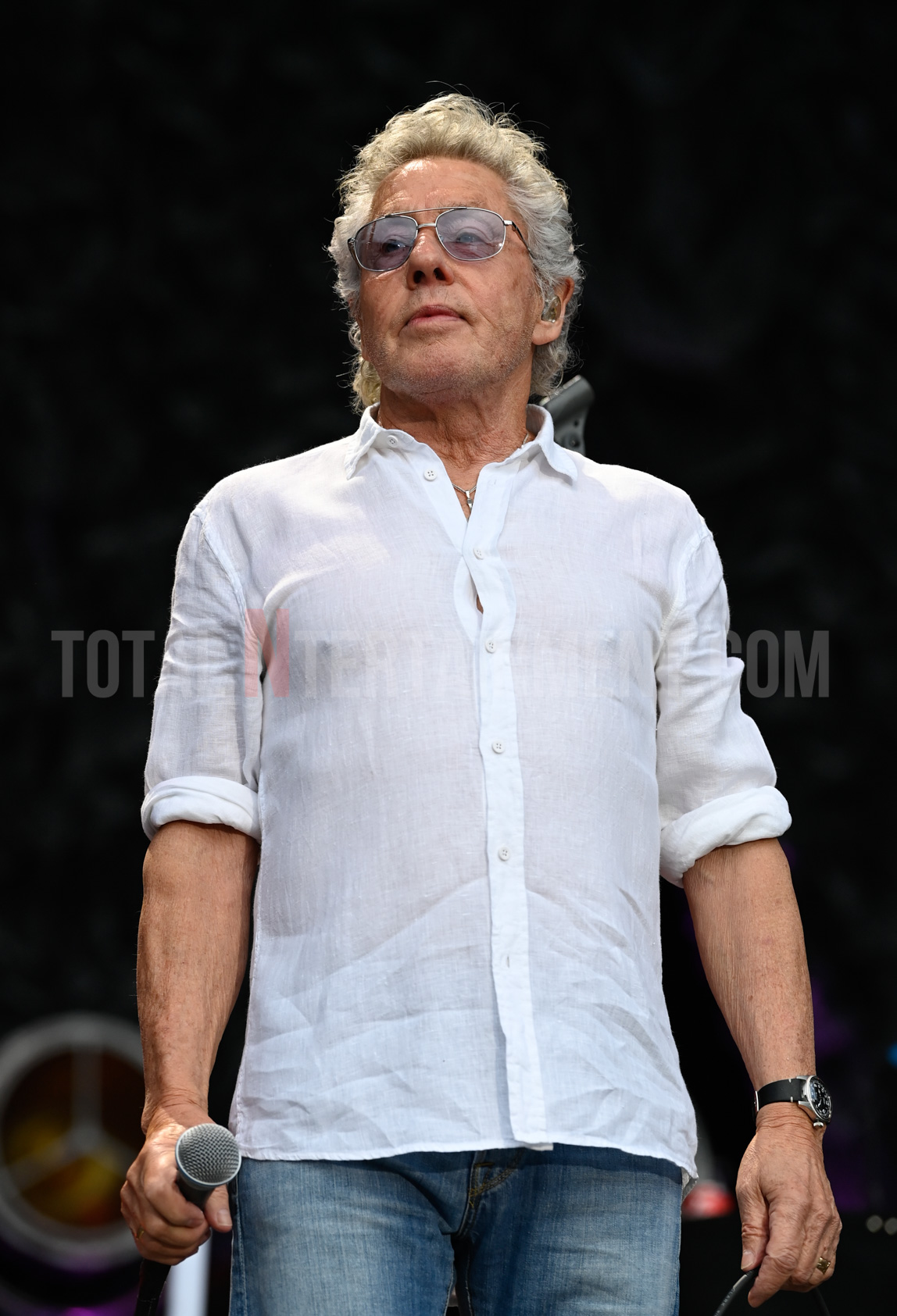
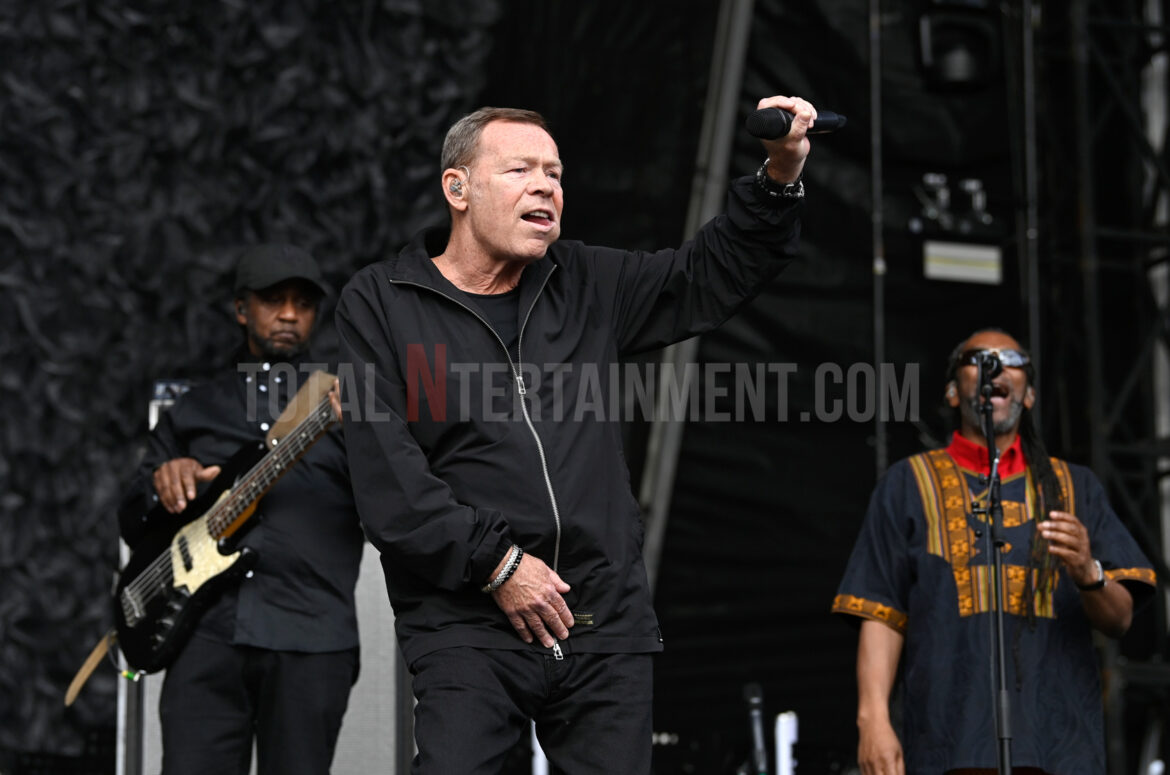
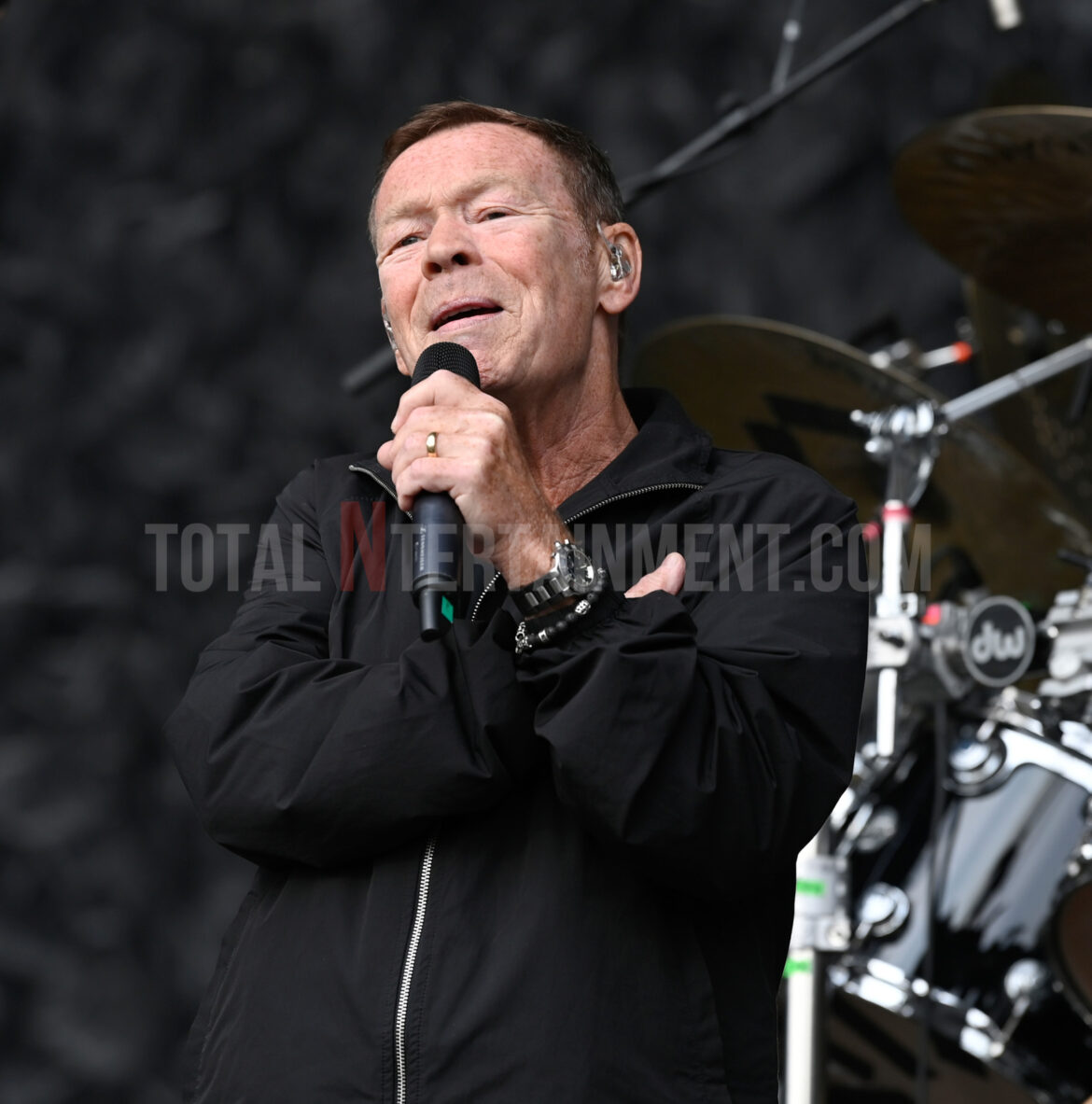
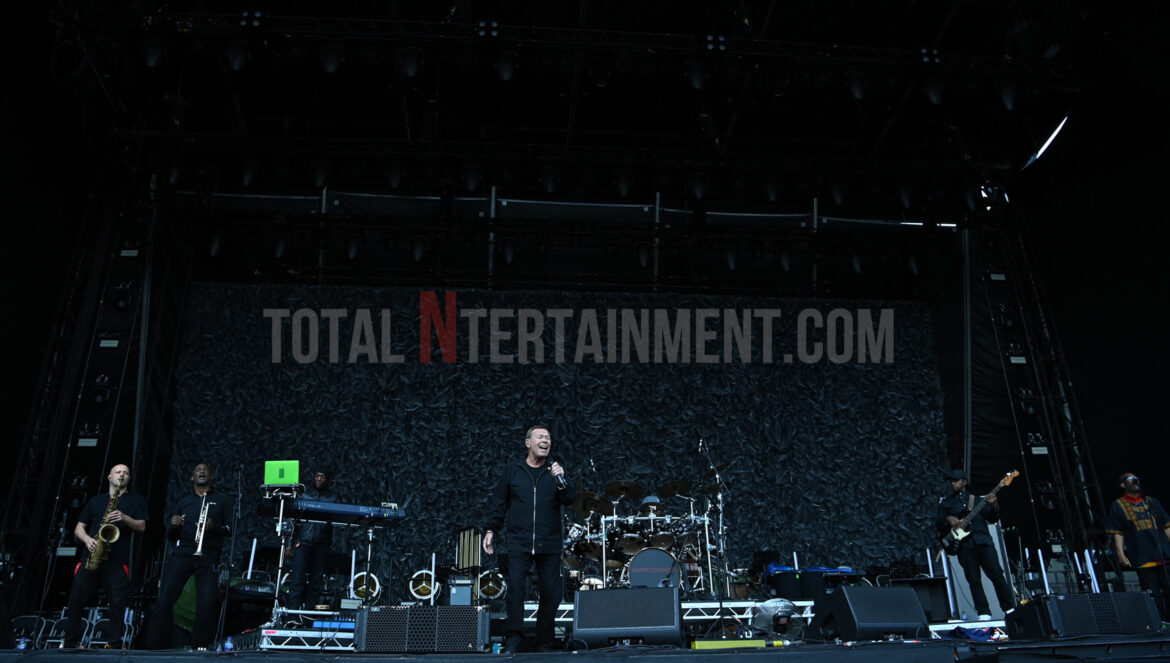
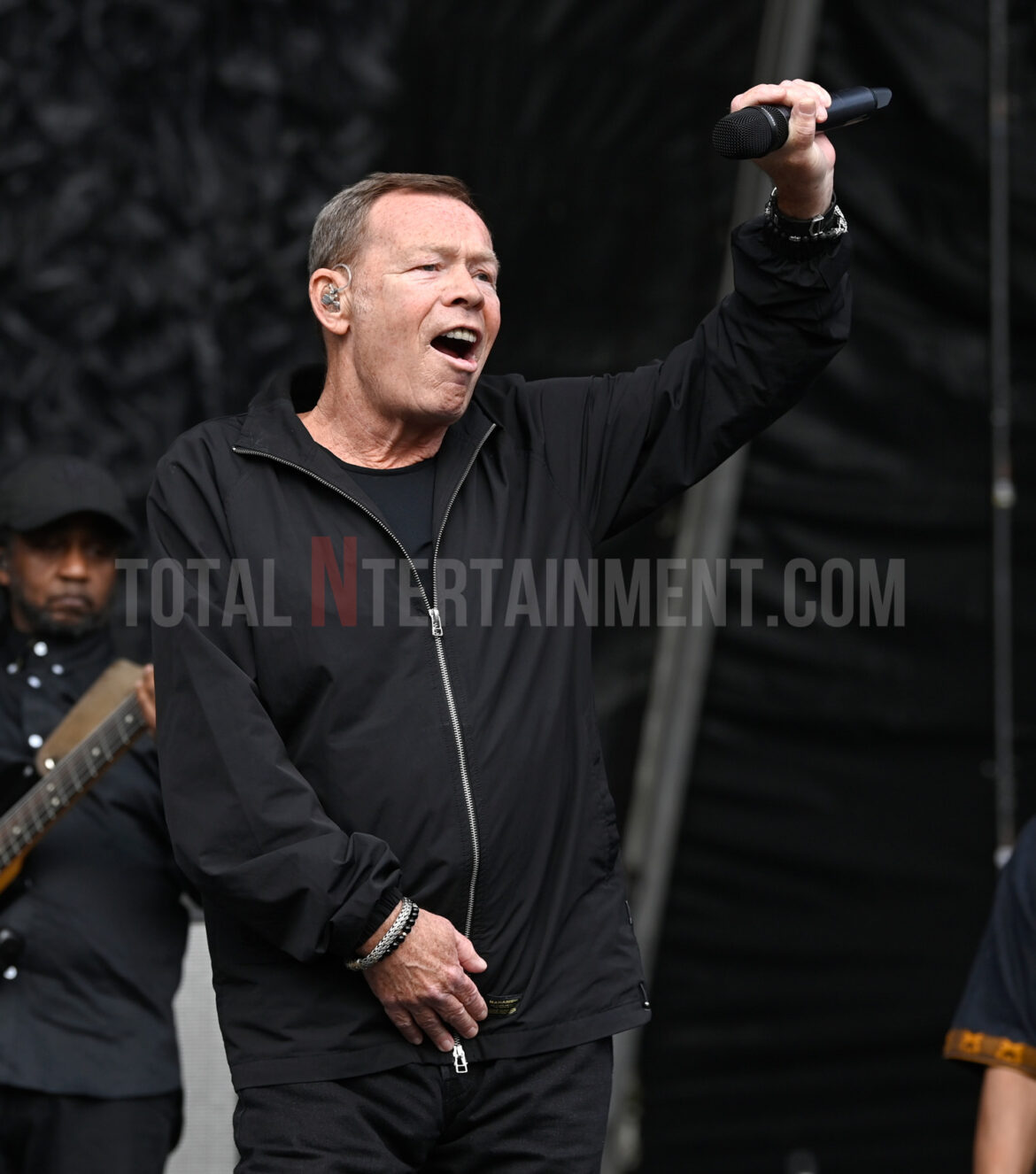
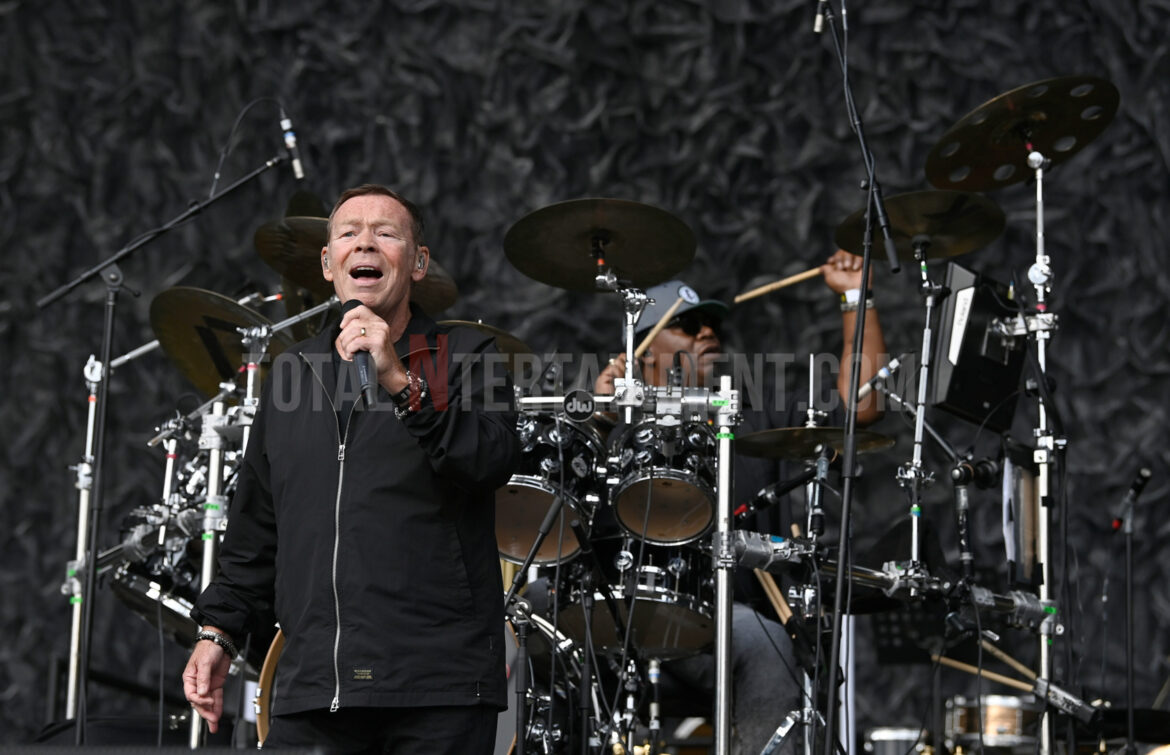
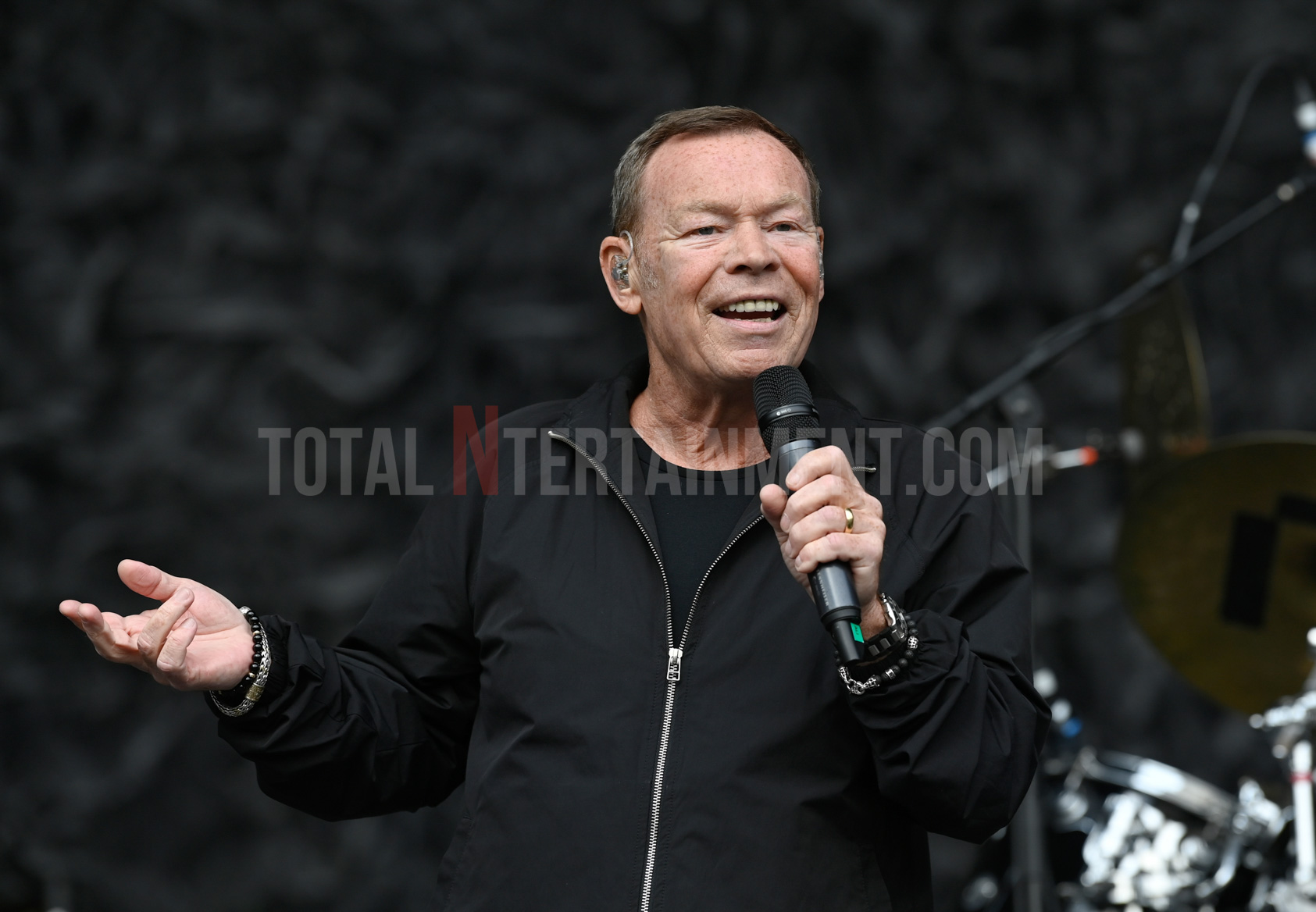
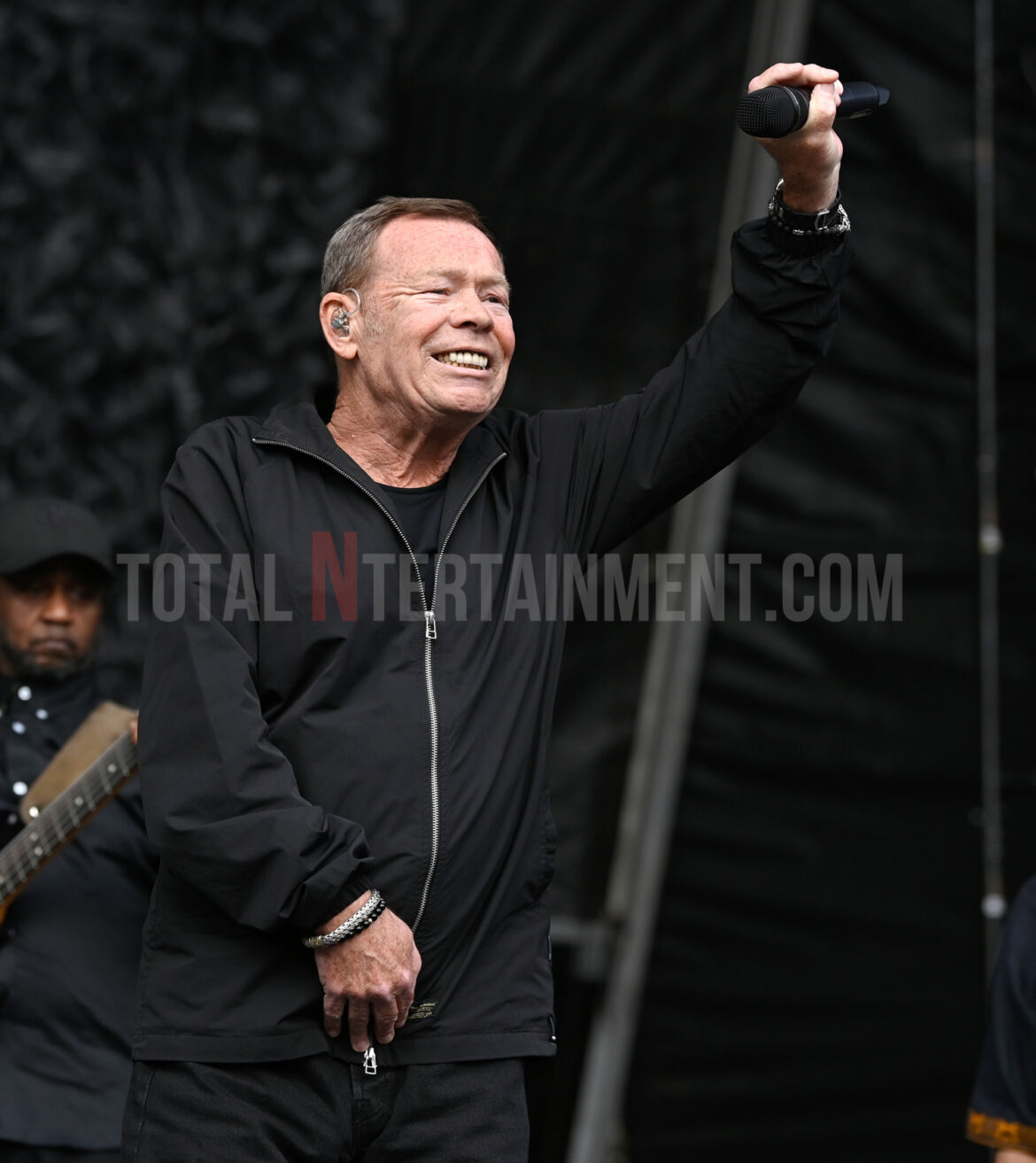
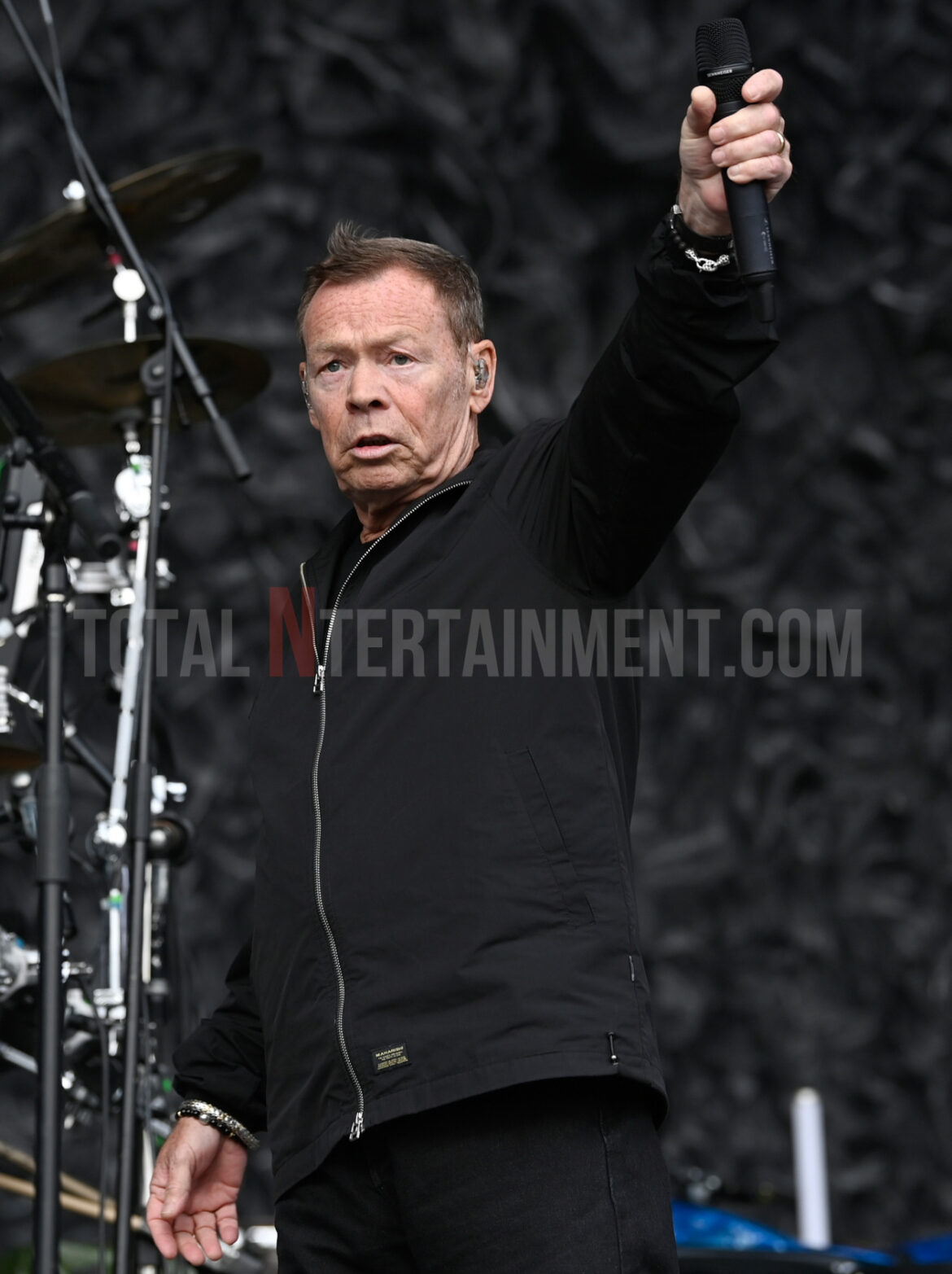
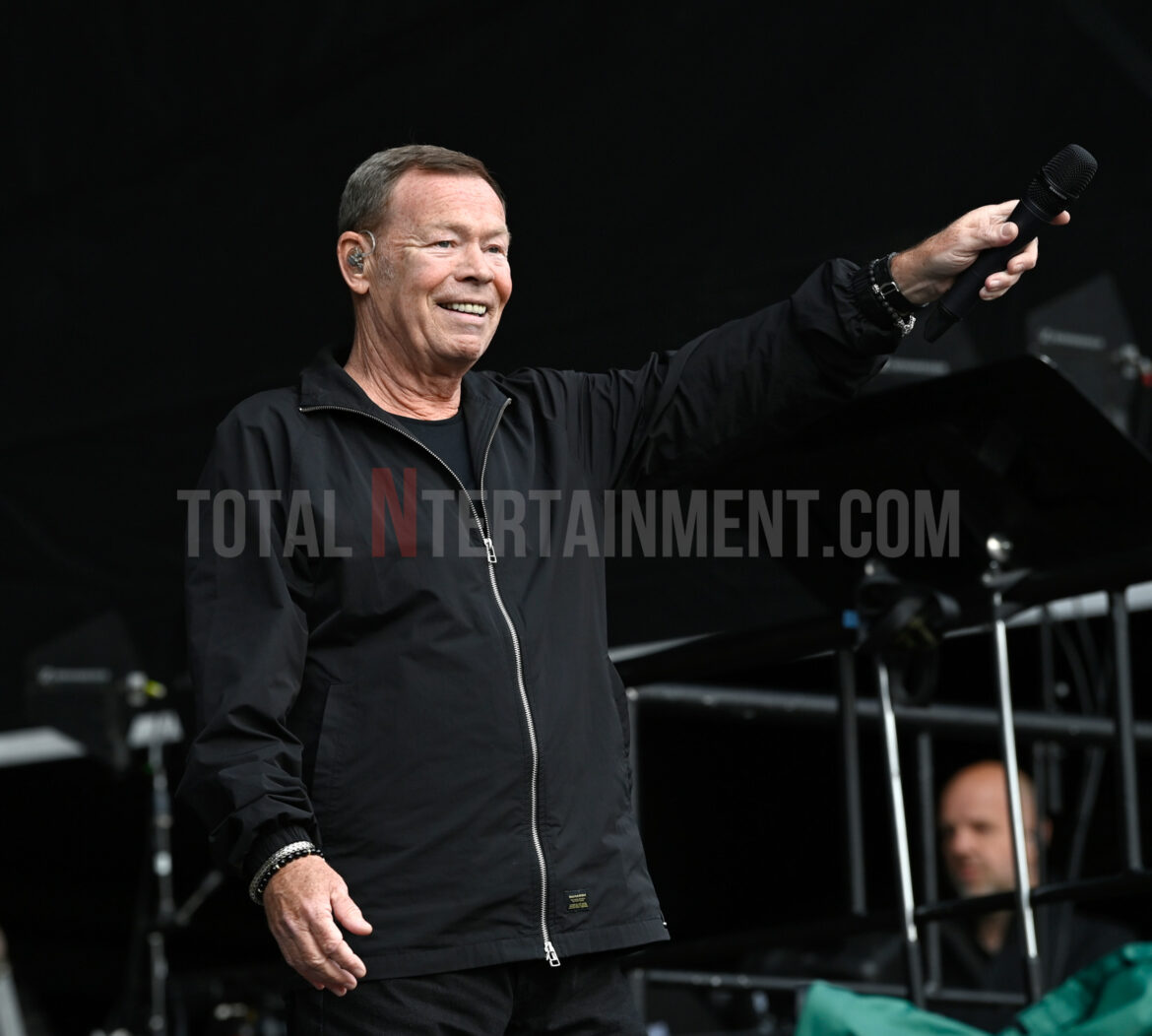
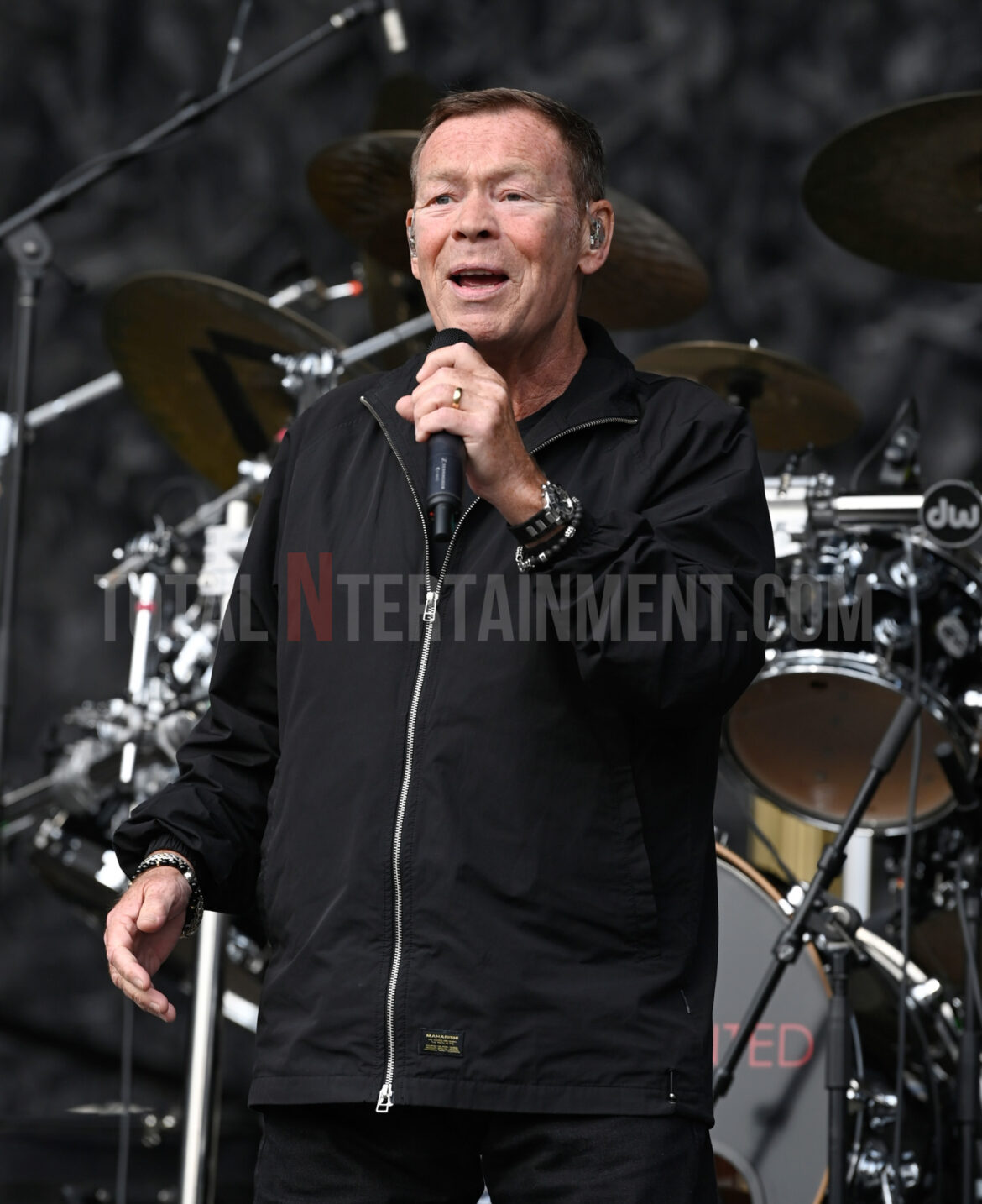
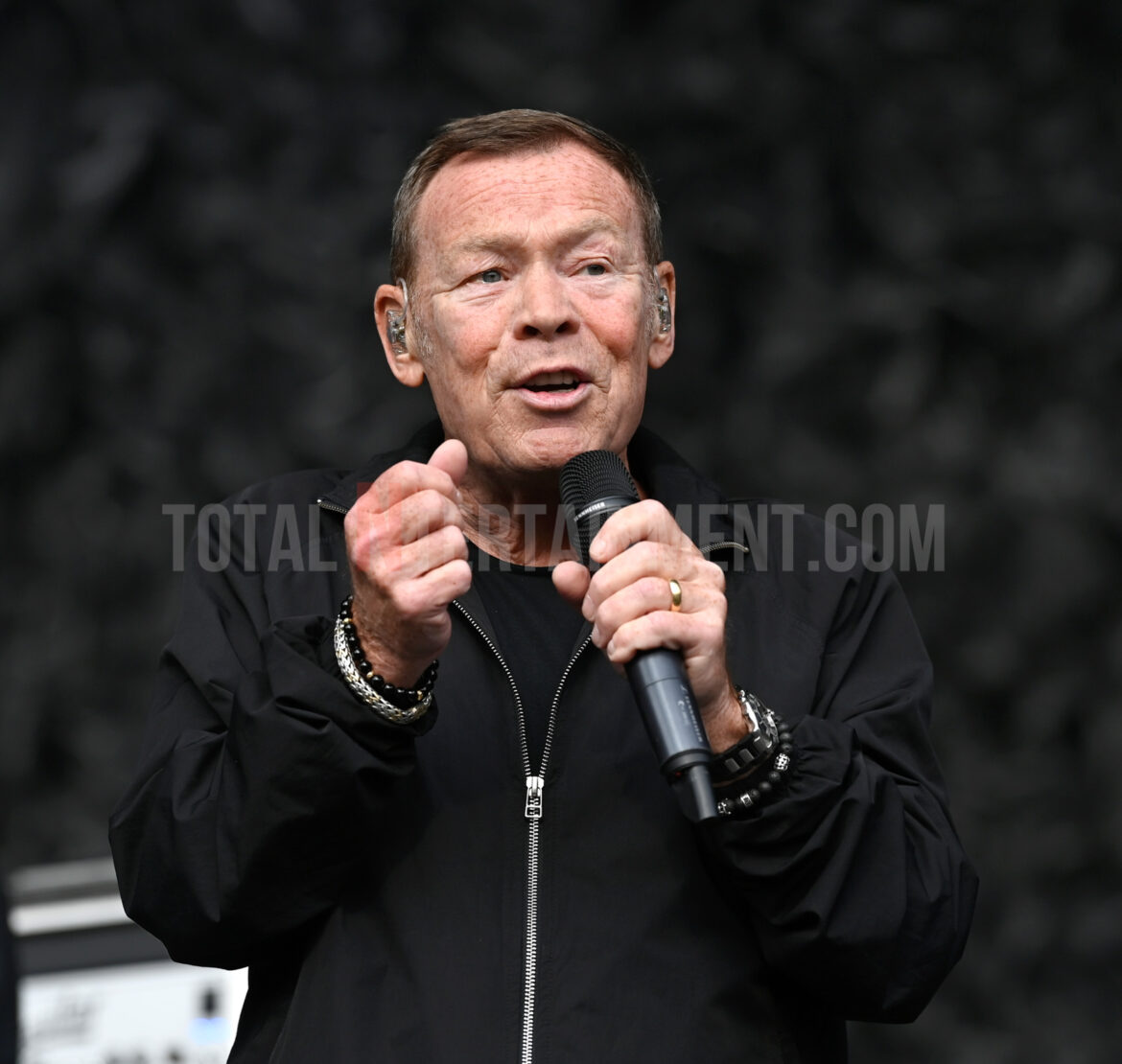
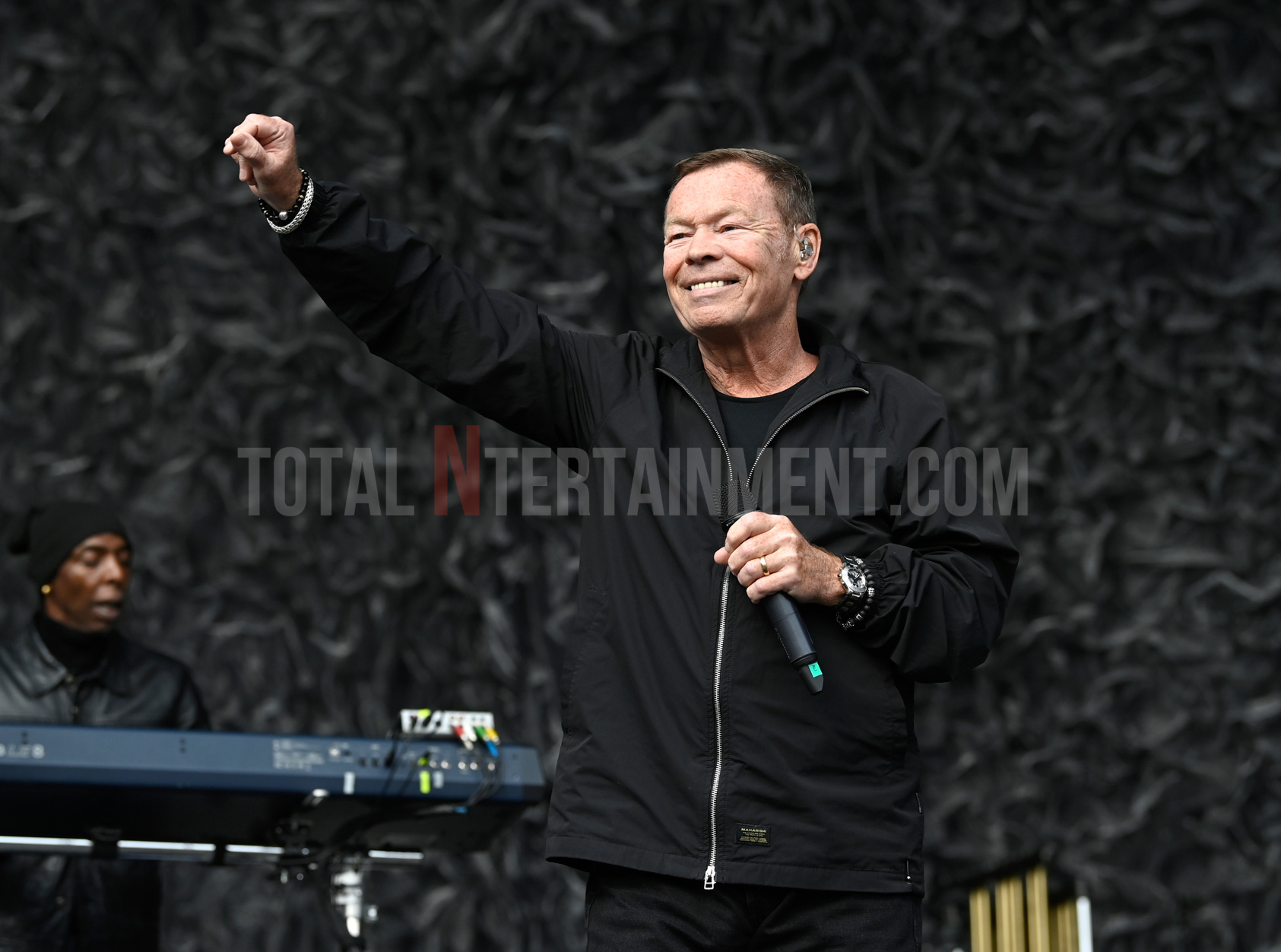
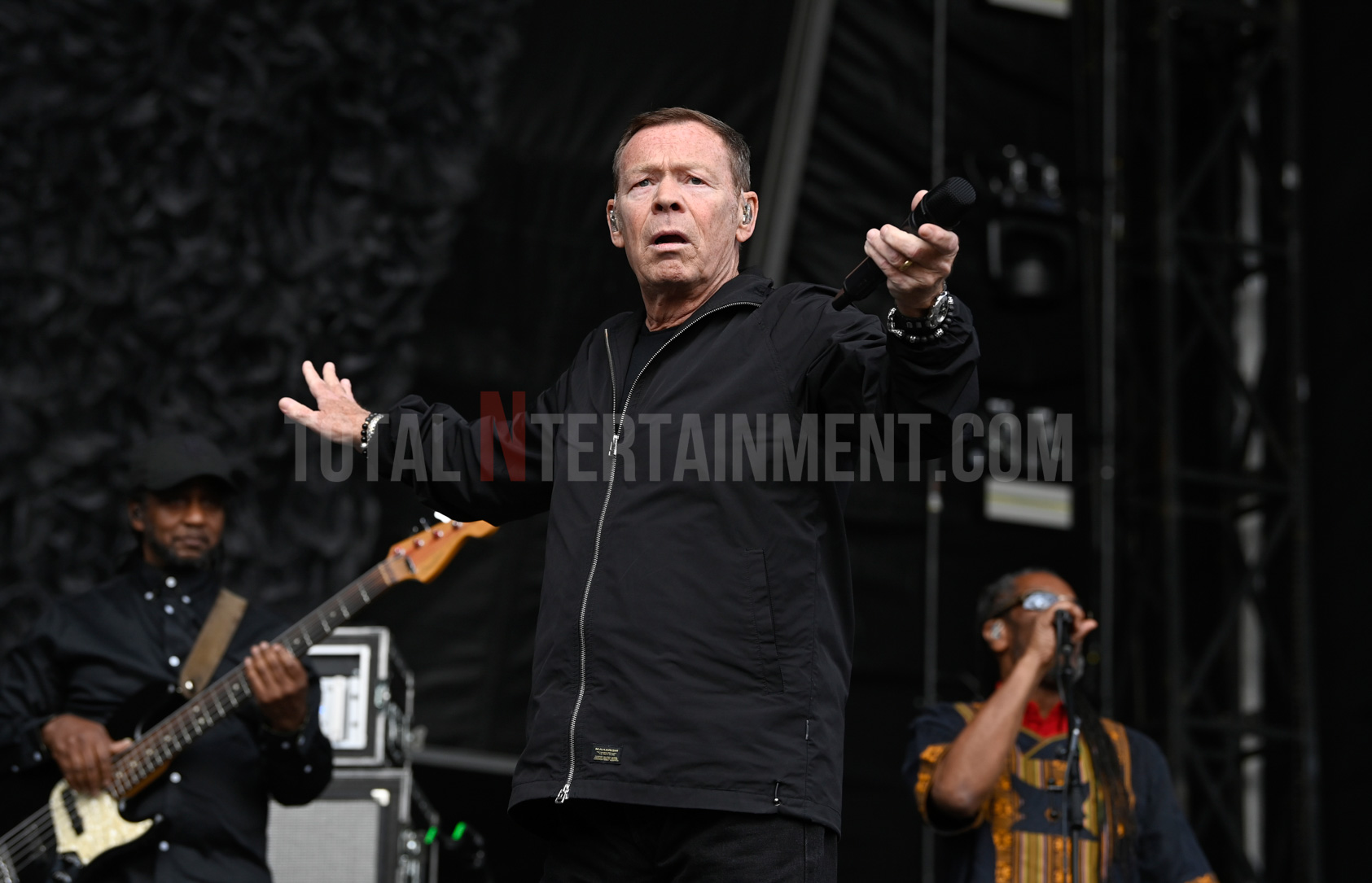
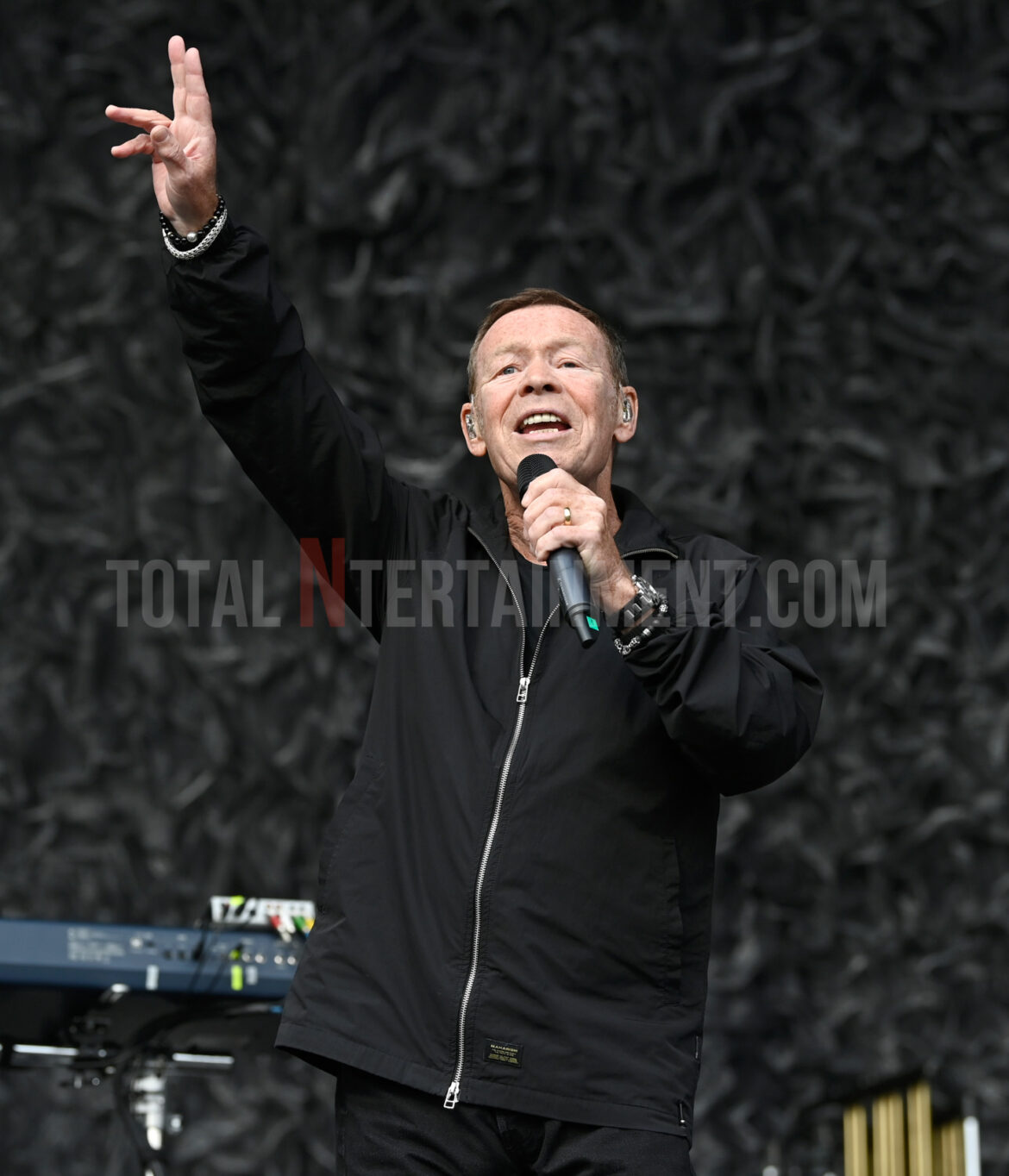
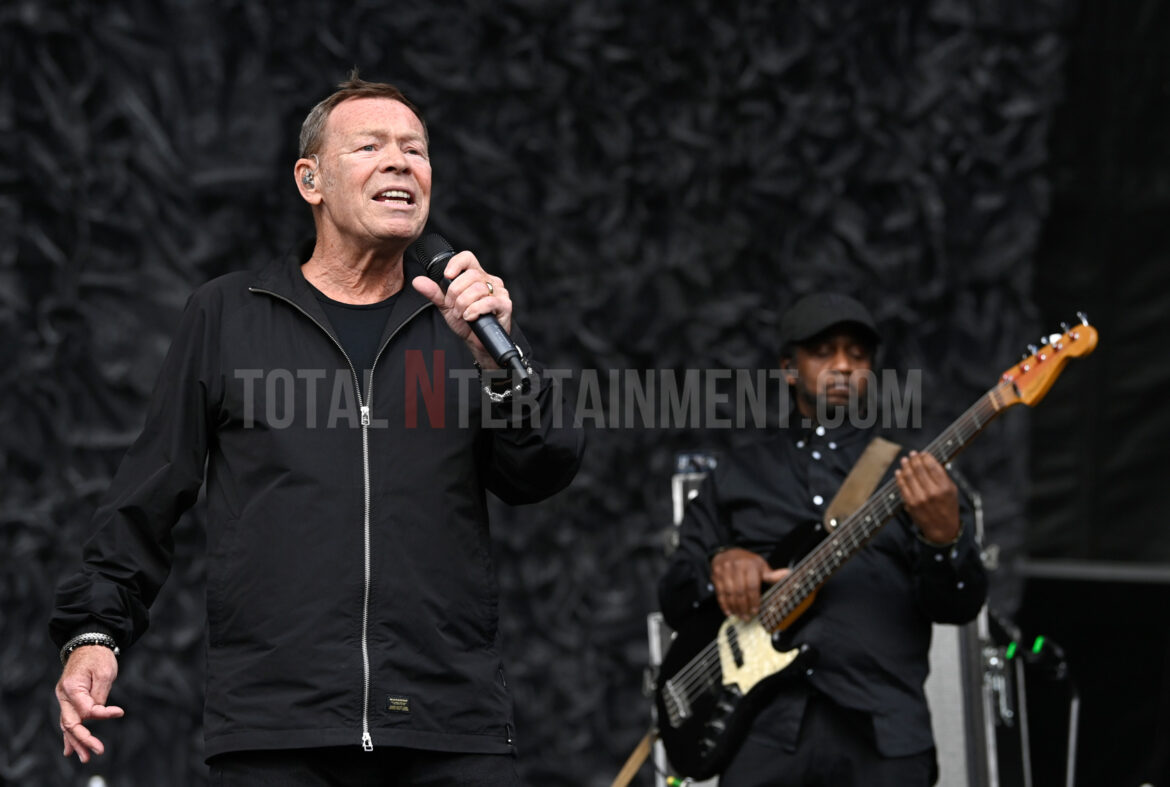
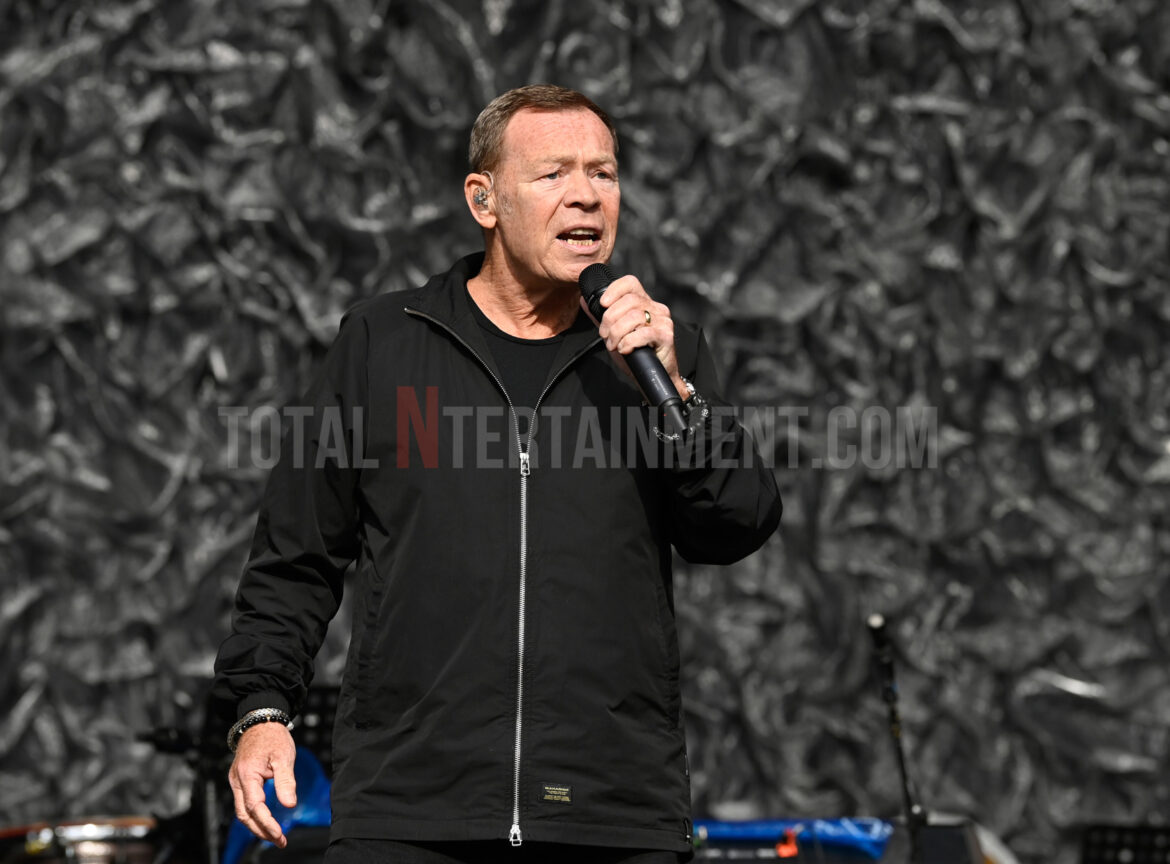








Comments are closed.